Here are my favorite poems about change categorized:
- Famous poems about change
- Short poems about change
- Life-changing poems for hard times
So if you want the best poems about change, then you’re in the right place.
Let’s get started!
- 61 Fulfilling Poems About Retirement
- 113 Engulfing Poems About Growth
- 143 Stupefying Famous Poems About Life
- 65 Carefree Poems About Innocence
- 77 Heartwarming Poems About Growing Up
- 21 Memorable Poems About New Beginnings
- 163 Meaningful Poems About Life
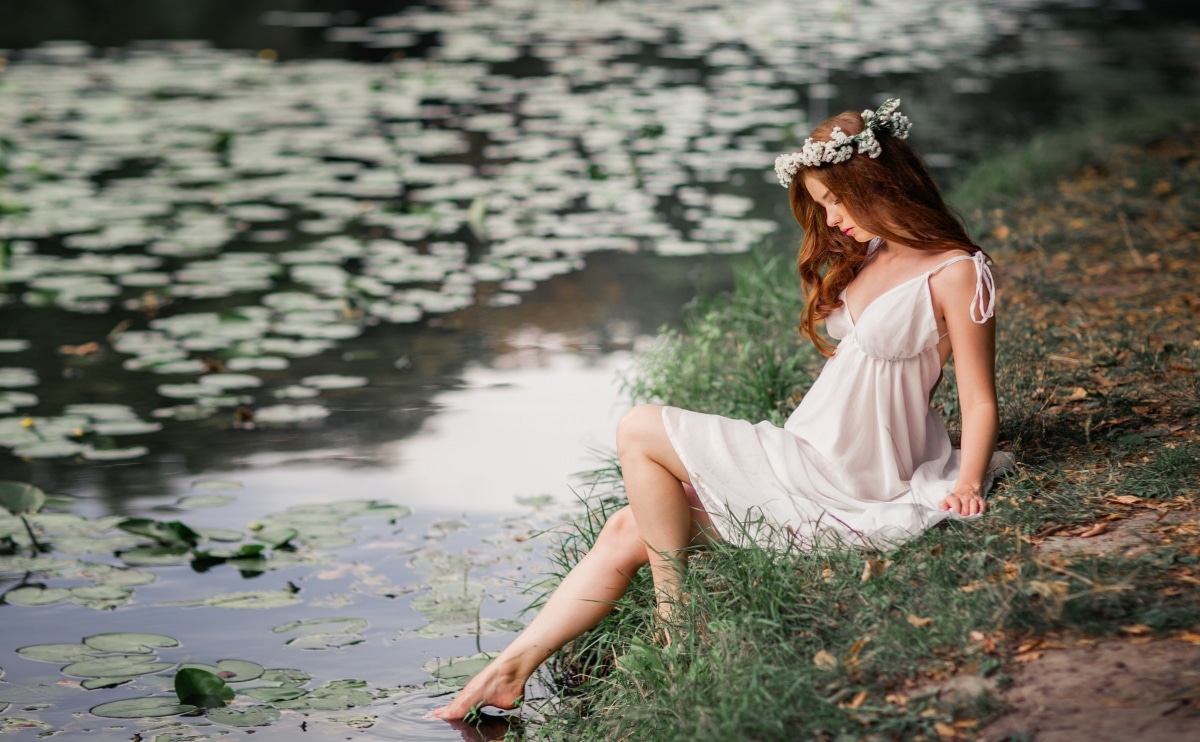
Courageous Poems About Change
Indulge in a handpicked selection of the finest poems about change, carefully categorized for your browsing pleasure.
From renowned works that explore the complexities of transformation to inspiring verses that offer comfort during trying times, our collection is designed to help you navigate life’s twists and turns.
Whether you’re looking for famous change poems or life-changing pieces that speak to your soul, you’ll find the best examples all in one convenient location.
So take a moment to explore our range of exquisite poetry and embrace the power of change!
Keep reading and enjoy!
My #1 Favorite Poem About Change

“Change” by Sara Teasdale
Remember me as I was then;
Turn from me now, but always see
The laughing shadowy girl who stood
At midnight by the flowering tree,
With eyes that love had made as bright
As the trembling stars of the summer night.
Turn from me now, but always hear
The muted laughter in the dew
Of that one year of youth we had,
The only youth we ever knew,
Turn from me now, or you will see
What other years have done to me.
Famous Poems About Change
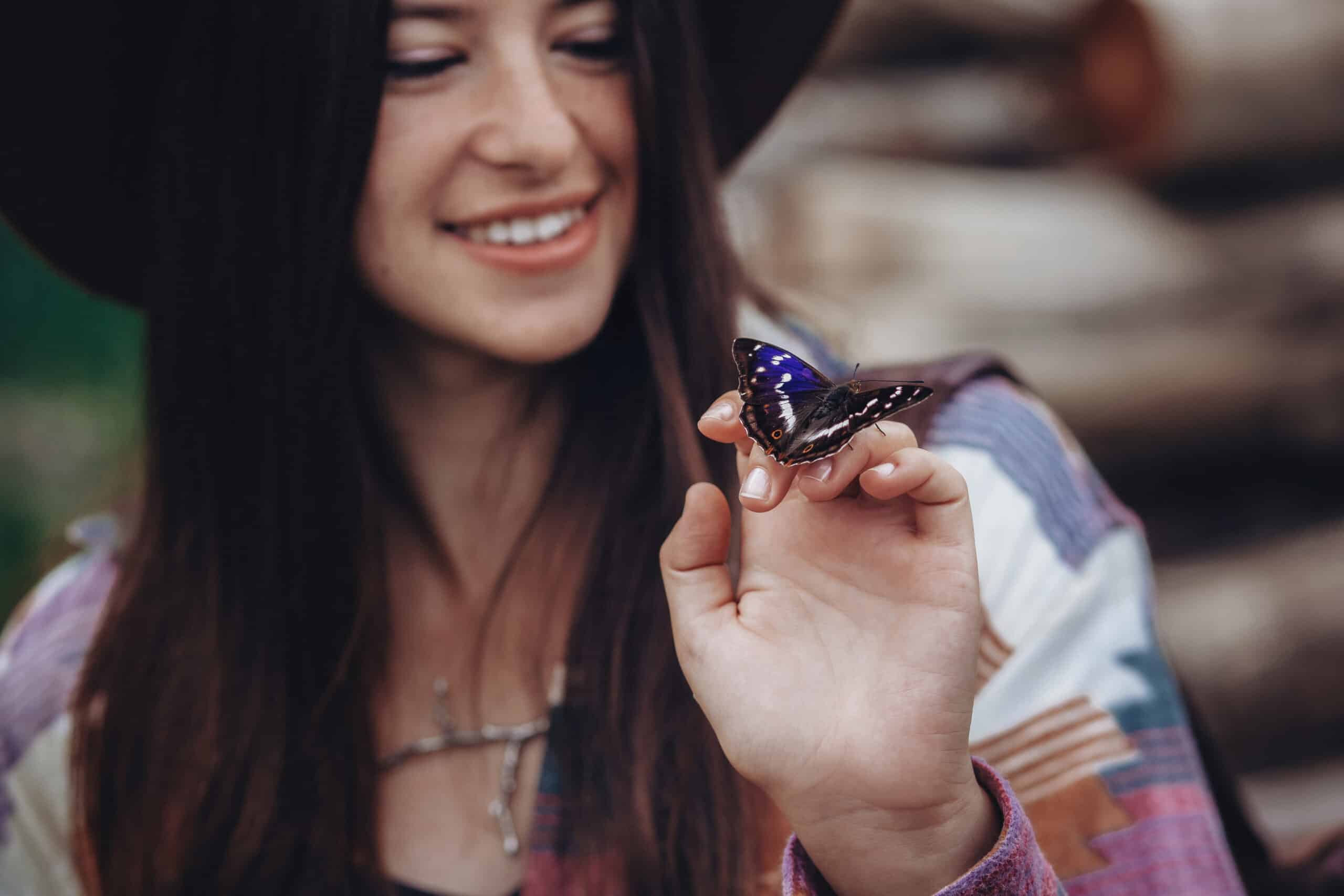
“The Change Has Come” by Paul Laurence Dunbar
The change has come, and Helen sleeps—
Not sleeps; but wakes to greater deeps
Of wisdom, glory, truth, and light,
Than ever blessed her seeking sight,
In this low, long, lethargic night,
Worn out with strife
Which men call life.
The change has come, and who would say
“I would it were not come to-day?”
What were the respite till to-morrow?
Postponement of a certain sorrow,
From which each passing day would borrow!
Let grief be dumb,
The change has come.
“Inevitable Change” by John Frederick Freeman
Young as the Spring seemed life when she
Came from her silent East to me;
Unquiet as Autumn was my breast
When she declined into her West.
Such tender, such untroubling things
She taught me, daughter of all Springs;
Such dusty deathly lore I learned
When her last embers redly burned.
How should it hap (Love, canst thou say?)
Such end should be to so pure day?
Such shining chastity give place
To this annulling grave’s disgrace?
Such hopes be quenched in this despair,
Grace chilled to granite everywhere?
How should–in vain I cry–how should
That be, alas, which only could!
“Change Upon Change” by Elizabeth Barrett Browning
Three months ago, the stream did flow,
The lilies bloomed along the edge;
And we were lingering to and fro,—
Where none will track thee in this snow,
Along the stream, beside the hedge.
Ah! sweet, be free to come and go;
For if I do not hear thy foot,
The frozen river is as mute,—
The flowers have dried down to the root;
And why, since these be changed since May,
Shouldst thou change less than they?
And slow, slow as the winter snow,
The tears have drifted to mine eyes;
And my two cheeks, three months ago,
Set blushing at thy praises so,
Put paleness on for a disguise.
Ah! sweet, be free to praise and go;
For if my face is turned to pale,
It was thine oath that first did fail,—
It was thy love proved false and frail!
And why, since these be changed, I trow,
Should I change less than thou?
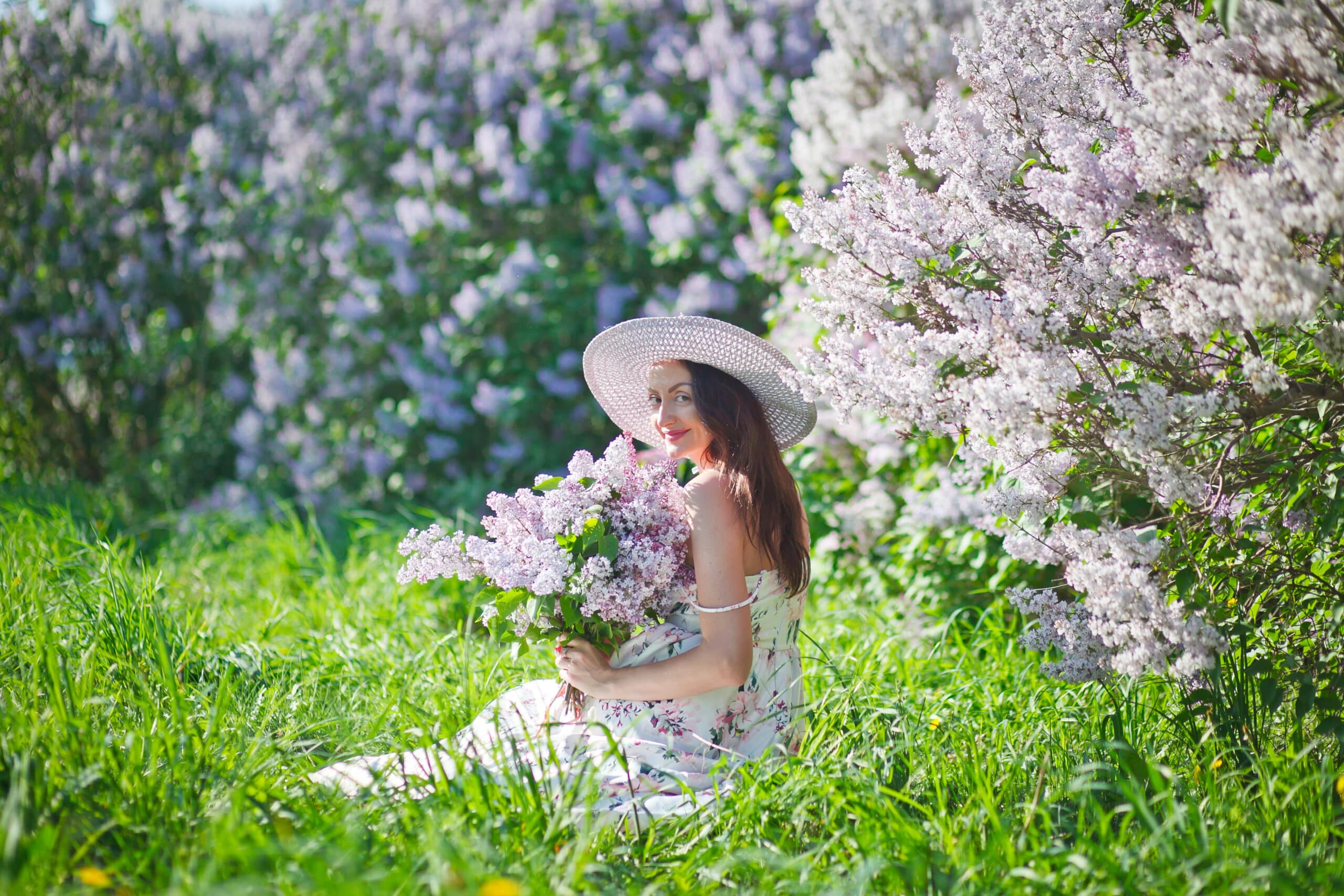
“Nature’s Changes” by Emily Dickinson
The springtime’s pallid landscape
Will glow like bright bouquet,
Though drifted deep in parian
The village lies to-day.
The lilacs, bending many a year,
With purple load will hang;
The bees will not forget the tune
Their old forefathers sang.
The rose will redden in the bog,
The aster on the hill
Her everlasting fashion set,
And covenant gentians frill,
Till summer folds her miracle
As women do their gown,
Or priests adjust the symbols
When sacrament is done.
“Change” by Ella Wheeler Wilcox
Changed? Yes I will confess it–I have changed.
I do not love you in the old fond way.
I am your friend still–time has not estranged
One kindly feeling of that vanished day
But the bright glamour which made life a dream,
The rapture of that time, its sweet content,
Like visions of a sleeper’s brain they seem–
And yet I cannot tell you how they went.
Why do you gaze with such accusing eyes
Upon me, dear? Is it so very strange
That hearts, like all things underneath God’s skies,
Should sometimes feel the influence of change?
The birds, the flowers, the foliage of the trees,
The stars which seem so fixed, and so sublime,
Vast continents, and the eternal seas,–
All these do change, with ever-changing time.
The face our mirror shows us year on year
Is not the same; our dearest aim, or need,
Our lightest thought, or feeling, hope, or fear,–
All, all the law of alternation heed.
How can we ask the human heart to stay,
Content with fancies of Youth’s earliest hours?
The year outgrows the violets of May,
Although, maybe, there are no fairer flowers.
And life may hold no sweeter love than this,
Which lies so cold, so voiceless, and so dumb.
And will I miss it, dear? Why yes, we miss
The violets always–till the roses come!
“The Temporary the All” by Thomas Hardy
Change and chancefulness in my flowering youthtime,
Set me sun by sun near to one unchosen;
Wrought us fellowly, and despite divergence,
Friends interblent us.
“Cherish him can I while the true one forthcome—
Come the rich fulfiller of my prevision;
Life is roomy yet, and the odds unbounded.”
So self-communed I.
Thwart my wistful way did a damsel saunter,
Fair not fairest, good not best of her feather;
“Maiden meet,” held I, “till arise my forefelt
Wonder of women.”
Long a visioned hermitage deep desiring,
Tenements uncouth I was fain to house in;
“Let such lodging be for a breath-while,” thought I,
“Soon a more seemly.
“Then, high handiwork will I make my life-deed,
Truth and Light outshow; but the ripe time pending,
Intermissive aim at the thing sufficeth.”
Thus I … But lo, me!
Mistress, friend, place, aims to be bettered straightway,
Bettered not has Fate or my hand’s achieving;
Sole the showance those of my onward earth-track—
Never transcended!
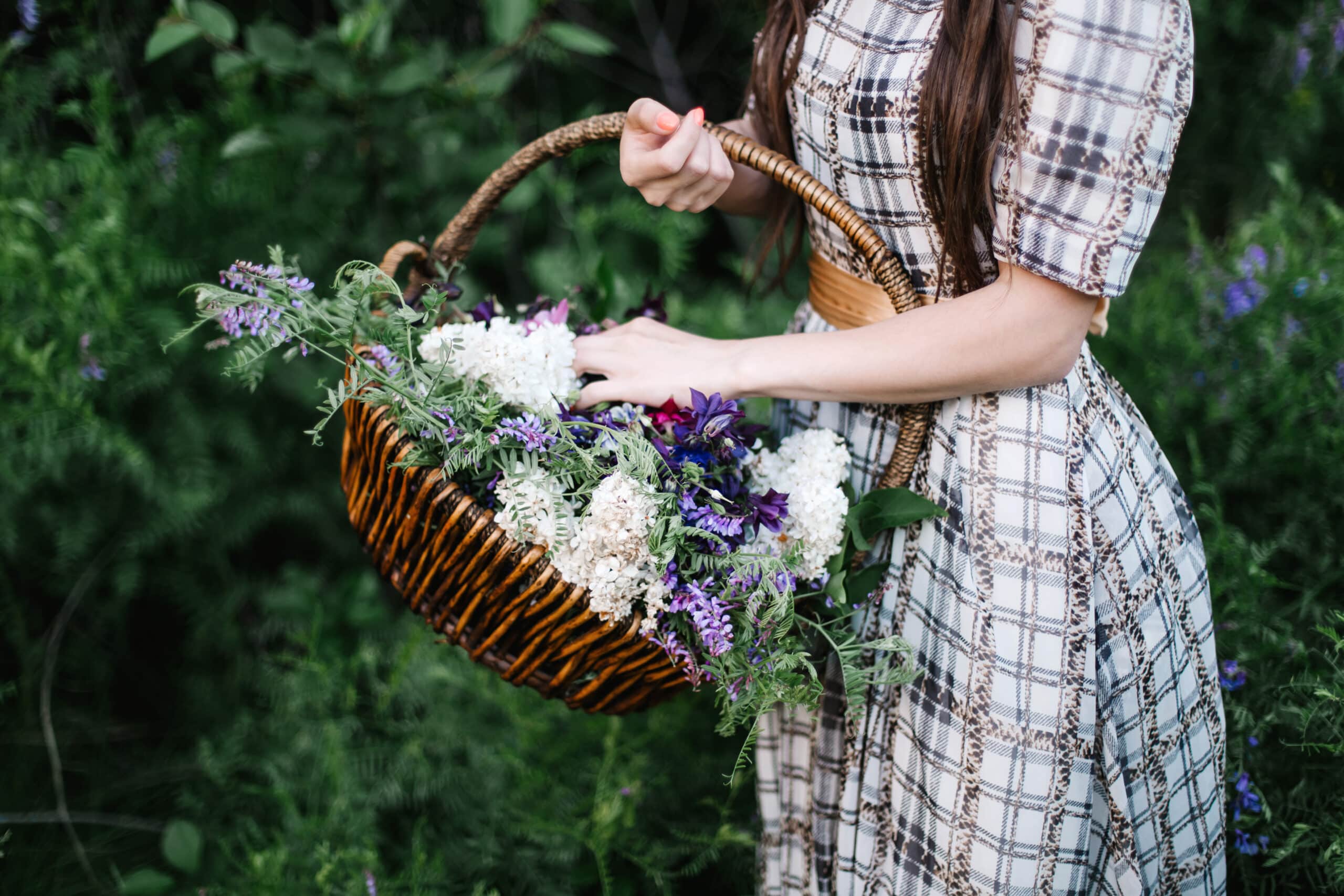
“Grown and Flown” by Christina Rossetti
I loved my love from green of Spring
Until sere Autumn’s fall;
But now that leaves are withering
How should one love at all?
One heart’s too small
For hunger, cold, love, everything.
I loved my love on sunny days
Until late Summer’s wane;
But now that frost begins to glaze
How should one love again ?
Nay, love and pain
Walk wide apart in diverse ways.
I loved my love – alas to see
That this should be, alas!
I thought that this could scarcely be,
Yet has it come to pass:
Sweet sweet love was,
Now bitter bitter grown to me.
“The Tide Rises, the Tide Falls” by Henry Wadsworth Longfellow
The tide rises, the tide falls,
The twilight darkens, the curlew calls;
Along the sea-sands damp and brown
The traveller hastens toward the town,
And the tide rises, the tide falls.
Darkness settles on roofs and walls,
But the sea, the sea in darkness calls;
The little waves, with their soft, white hands,
Efface the footprints in the sands,
And the tide rises, the tide falls.
The morning breaks; the steeds in their stalls
Stamp and neigh, as the hostler calls;
The day returns, but nevermore
Returns the traveller to the shore,
And the tide rises, the tide falls.
“Sonnet 123” by William Shakespeare
No, Time, thou shalt not boast that I do change:
Thy pyramids built up with newer might
To me are nothing novel, nothing strange;
They are but dressings of a former sight.
Our dates are brief, and therefore we admire
What thou dost foist upon us that is old,
And rather make them born to our desire
Than think that we before have heard them told.
Thy registers and thee I both defy,
Not wondering at the present nor the past;
For thy records and what we see doth lie,
Made more or less by that continual haste.
This I do vow, and this shall ever be:
I will be true, despite thy scythe and thee.

“Reincarnation” by Madison Julius Cawein
High in the place of outraged liberty,
He ruled the world, an emperor and god
His iron armies swept the land and sea,
And conquered nations trembled at his nod.
By him the love that fills man’s soul with light,
And makes a Heaven of Earth, was crucified;
Lust-crowned he lived, yea, lived in God’s despite,
And old in infamies, a king he died.
Justice begins now. Many centuries
In some vile body must his soul atone
As slave, as beggar, loathsome with disease,
Less than the dog at which we fling a stone.
“Elegy III: Change” by John Donne
Although thy hand and faith, and good works too,
Have sealed thy love which nothing should undo,
Yea, though thou fall back, that apostasy
Confirm thy love, yet much, much I fear thee.
Women are like the arts, forced unto none,
Open to all searchers, unprized, if unknown.
If I have caught a bird, and let him fly,
Another fowler using these means, as I,
May catch the same bird ; and, as these things be,
Women are made for men, not him nor me.
Foxes, and goats—all beasts—change when they please.
Shall women, more hot, wily, wild than these,
Be bound to one man, and did nature then
Idly make them apter to endure than men?
They’re our clogs, not their own ; if a man be
Chain’d to a galley, yet the galley’s free.
Who hath a plough-land, casts all his seed corn there,
And yet allows his ground more corn should bear ;
Though Danuby into the sea must flow,
The sea receives the Rhine, Volga, and Po.
By nature, which gave it, this liberty
Thou lovest, but O! canst thou love it and me?
Likeness glues love; and if that thou so do,
To make us like and love, must I change too?
More than thy hate, I hate it; rather let me
Allow her change, then change as oft as she,
And so not teach, but force my opinion,
To love not any one, nor every one.
To live in one land is captivity,
To run all countries a wild roguery.
Waters stink soon, if in one place they bide,
And in the vast sea are more putrified ;
But when they kiss one bank, and leaving this
Never look back, but the next bank do kiss,
Then are they purest; change is the nursery
Of music, joy, life and eternity.
“Changed” by Charles Stuart Calverley
I know not why my soul is rack’d,
Why I ne’er smile as was my wont:
I only know that, as a fact,
I don’t.
I used to roam o’er glen and glade
Buoyant and blithe as other folk:
And not unfrequently I made
A joke.
A minstrel’s fire within me burn’d,
I’d sing, as one whose heart must break,
Lay upon lay: I nearly learn’d
To shake.
All day I sang; of love, of fame,
Of fights our fathers fought of yore,
Until the thing almost became
A bore.
I cannot sing the old songs now!
It is not that I deem them low;
‘Tis that I can’t remember how
They go.
I could not range the hills till high
Above me stood the summer moon:
And as to dancing, I could fly
As soon.
The sports, to which with boyish glee
I sprang erewhile, attract no more;
Although I am but sixty-three
Or four.
Nay, worse than that, I’ve seem’d of late
To shrink from happy boyhood – boys
Have grown so noisy, and I hate
A noise.
They fright me, when the beech is green,
By swarming up its stem for eggs:
They drive their horrid hoops between
My legs: –
It’s idle to repine, I know;
I’ll tell you what I’ll do instead:
I’ll drink my arrowroot, and go
To bed.
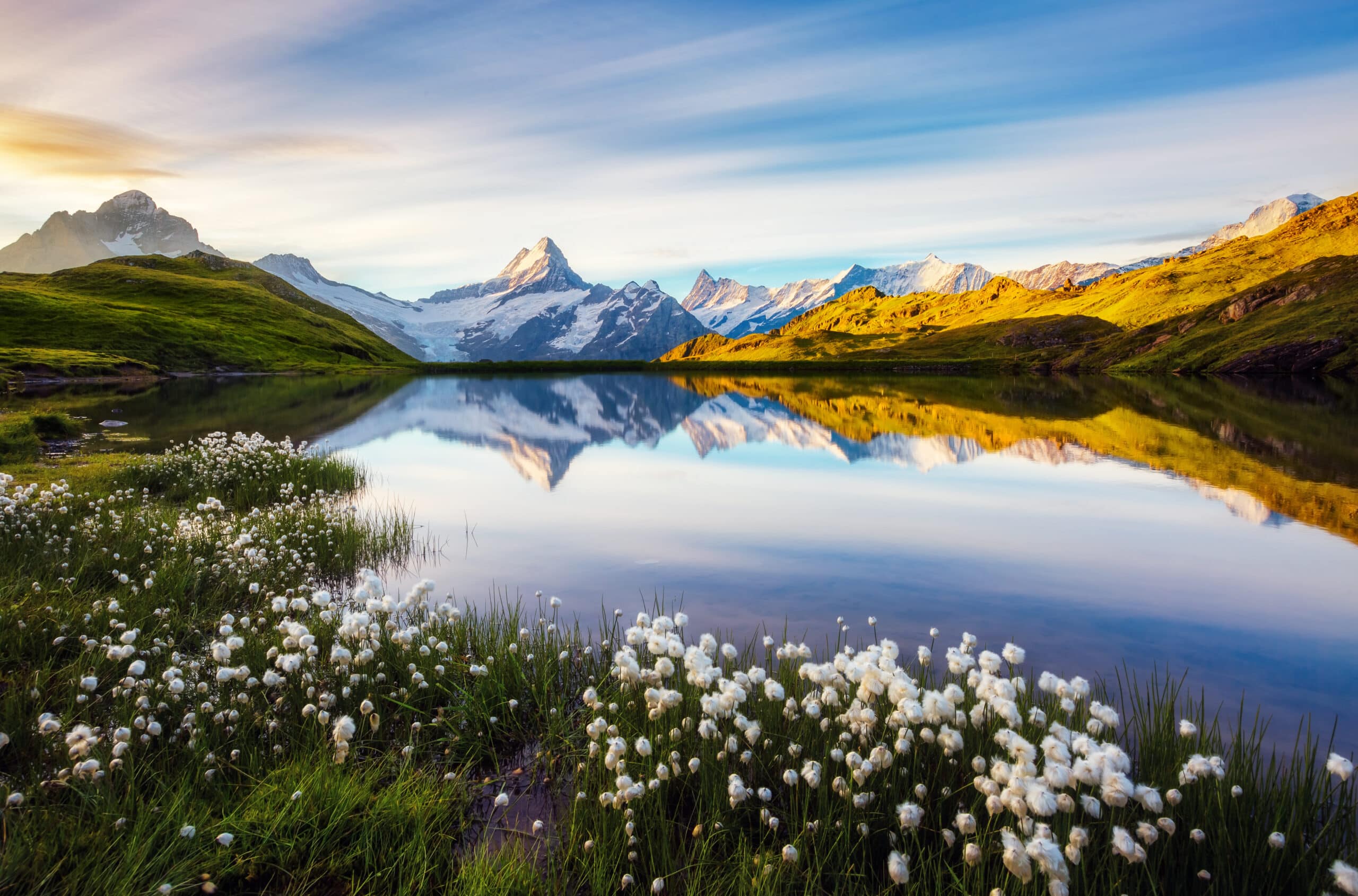
“Transformations” by Thomas Hardy
Portion of this yew
Is a man my grandsire knew,
Bosomed here at its foot:
This branch may be his wife,
A ruddy human life
Now turned to a green shoot.
These grasses must be made
Of her who often prayed,
Last century, for repose;
And the fair girl long ago
Whom I often tried to know
May be entering this rose.
So, they are not underground,
But as nerves and veins abound
In the growths of upper air,
And they feel the sun and rain,
And the energy again
That made them what they were!
“Rebirth” by Rudyard Kipling
If any God should say,
“I will restore
The world her yesterday
Whole as before
My Judgment blasted it” who would not lift
Heart, eye, and hand in passion o’er the gift?
If any God should will
To wipe from mind
The memory of this ill
Which is Mankind
In soul and substance now, who would not bless
Even to tears His loving-tenderness?
If any God should give
Us leave to fly
These present deaths we live,
And safely die
In those lost lives we lived ere we were born,
What man but would not laugh the excuse to scorn?
For we are what we are,
So broke to blood
And the strict works of war,
So long subdued
To sacrifice, that threadbare Death commands
Hardly observance at our busier hands.
Yet we were what we were,
And, fashioned so,
It pleases us to stare
At the far show
Of unbelievable years and shapes that flit,
In our own likeness, on the edge of it.
“Old Fashioned” by Emily Dickinson
Arcturus is his other name, —
I’d rather call him star!
It’s so unkind of science
To go and interfere!
I pull a flower from the woods, —
A monster with a glass
Computes the stamens in a breath,
And has her in a class.
Whereas I took the butterfly
Aforetime in my hat,
He sits erect in cabinets,
The clover-bells forgot.
What once was heaven, is zenith now.
Where I proposed to go
When time’s brief masquerade was done,
Is mapped, and charted too!
What if the poles should frisk about
And stand upon their heads!
I hope I ‘m ready for the worst,
Whatever prank betides!
Perhaps the kingdom of Heaven ‘s changed!
I hope the children there
Won’t be new-fashioned when I come,
And laugh at me, and stare!
I hope the father in the skies
Will lift his little girl, —
Old-fashioned, naughty, everything, —
Over the stile of pearl!
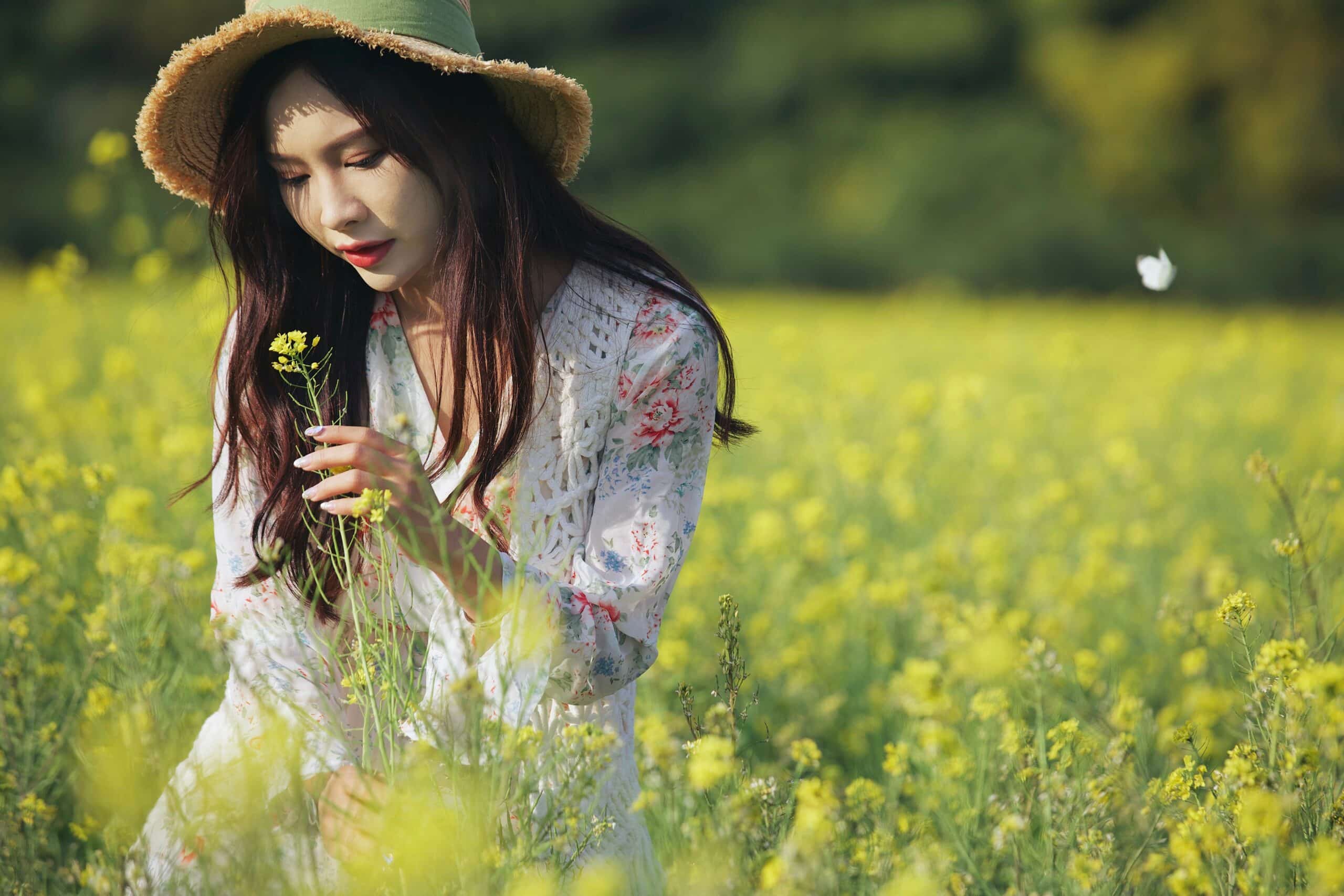
“New and Old” by Ella Wheeler Wilcox
Not quite the same the springtime seems to me,
Since that sad season when in separate ways
Our paths diverged. There are no more such days
As dawned for us in that lost time when we
Dwelt in the realm of dreams, illusive dreams;
Spring may be just as fair now, but it seems
Not quite the same.
Not quite the same is life, since we two parted,
Knowing it best to go our ways alone.
Fair measures of success we both have known,
And pleasant hours, and yet something departed
Which gold, nor fame, nor anything we win
Can all replace. And either life has been
Not quite the same.
Love is not quite the same, although each heart
Has formed new ties, that are both sweet and true;
But that wild rapture, which of old we knew,
Seems to have been a something set apart
With that lost dream. There is no passion, now,
Mixed with this later love, which seems, somehow,
Not quite the same.
Not quite the same am I. My inner being
Reasons and knows that all is for the best.
Yet vague regrets stir always in my breast,
As my soul’s eyes turn sadly backward, seeing
The vanished self that evermore must be,
This side of what we call eternity,
Not quite the same.
“Constant Beauty” by Edgar Albert Guest
It’s good to have the trees again, the singing of the breeze again,
It’s good to see the lilacs bloom as lovely as of old.
It’s good that we can feel again the touch of beauties real again,
For hearts and minds, of sorrow now, have all that they can hold.
The roses haven’t changed a bit, nor have the lilacs stranged a bit,
They bud and bloom the way they did before the war began.
The world is upside down to-day, there’s much to make us frown to-day,
And gloom and sadness everywhere beset the path of man.
But now the lilacs bloom again and give us their perfume again,
And now the roses smile at us and nod along the way;
And it is good to see again the blossoms on each tree again,
And feel that nature hasn’t changed the way we have to-day.
Oh, we have changed from what we were; we’re not the carefree lot we were;
Our hearts are filled with sorrow now and grave concern and pain,
But it is good to see once more, the blooming lilac tree once more,
And find the constant roses here to comfort us again.
“The Change” by Abraham Cowley
Love in her Sunny Eyes does basking play;
Love walks the pleasant Mazes of her Hair;
Love does on both her Lips for ever stray;
And sows and reaps a thousand kisses there.
In all her outward parts Love ‘s always seen;
But, oh, He never went within.
Within Love’s foes, his greatest foes abide,
Malice, Inconstancy, and Pride.
So the Earths face, Trees, Herbs, and Flowers do dress,
With other beauties numberless:
But at the Center, Darkness is, and Hell;
There wicked Spirits, and there the Damned dwell.
With me alas, quite contrary it fares;
Darkness and Death lies in my weeping eyes,
Despair and Paleness in my face appears,
And Grief, and Fear, Love’s greatest Enemies;
But, like the Persian-Tyrant, Love within
Keeps his proud Court, and ne’re is seen.
Oh take my Heart, and by that means you’ll prove
Within too stor’d enough of Love:
Give me but Yours, I’ll by that change so thrive,
That Love in all my parts shall live.
So powerful is this change, it render can,
My outside Woman, and your inside Man.
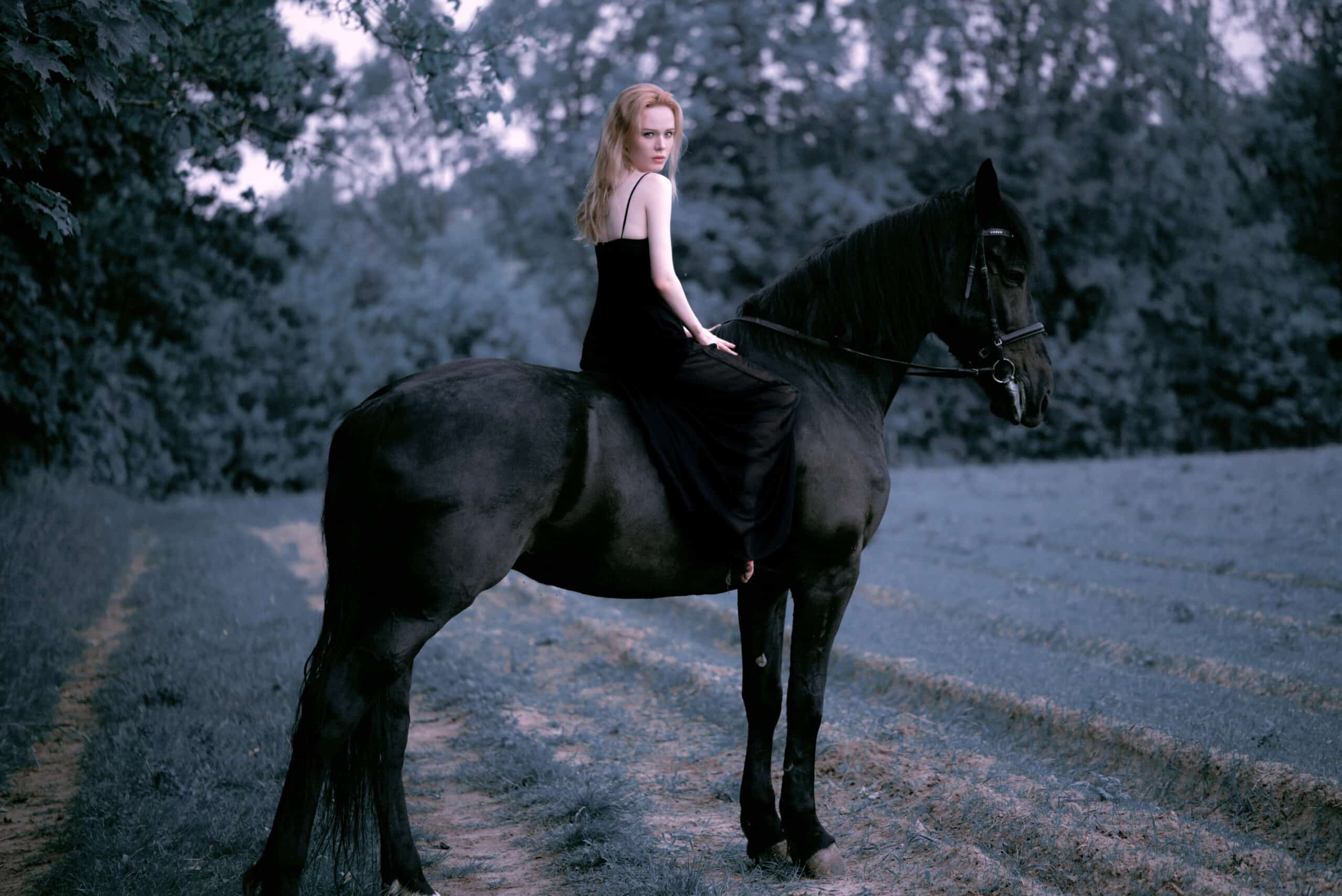
“Change and Fate” by Thomas Campion
What if a day, or a month, or a year,
Crown thy delights with a thousand sweet contentings!
Cannot a chance of a night or an hour
Cross thy desires with as many sad tormentings?
Fortune, Honour, Beauty, Youth, are but blossoms dying,
Wanton Pleasure, doating Love, are but shadows flying,
All our joys are but toys! idle thoughts deceiving:
None have power, of an hour, in their lives bereaving.
Earth’s but a point to the world, and a man
Is but a point to the world’s comparèd centre!
Shall then a point of a point be so vain
As to triumph in a silly point’s adventure?
All is hazard that we have, there is nothing biding;
Days of pleasure are like streams through fair meadows gliding.
Weal and woe, time doth go! time is never turning;
Secret fates guide our states, both in mirth and mourning.
“Men Change,—That Heaven Above Not More” by William Ellery Channing
Men change,—that heaven above not more,
Which now with white clouds is all beautiful,
Soon is with gray mists a poor creature dull;
Thus, in this human theatre, actions pour
Like slight waves on a melancholy shore;
Nothing is fixed, the human heart is null,
’Tis taught by scholars, ’tis rehearsed in lore;
Methinks this human heart might well be o’er.
O precious pomp of eterne vanity!
O false fool world! whose actions are a race
Of monstrous puppets; I can’t form one plea
Why any man should wear a smiling face.
World! thou art one green sepulchre to me,
Through which, mid clouds of dust, slowly I pace.
“The New Spring” by Theodosia Garrison
The long grief left her old—and then
Came love and made her young again
As though some newer, gentler Spring
Should start dead roses blossoming;
Old roses that have lain full long
In some forgotten book of song,
Brought from their darkness to be one
With lilting winds and rain and sun;
And as they too might bring away
From that dim volume where they lay
Some lyric hint, some song’s perfume
To add its beauty to their bloom,
So love awakes her heart that lies
Shrouded in fragrant memories,
And bids it bloom again and wake
Sweeter for that old sorrow’s sake.
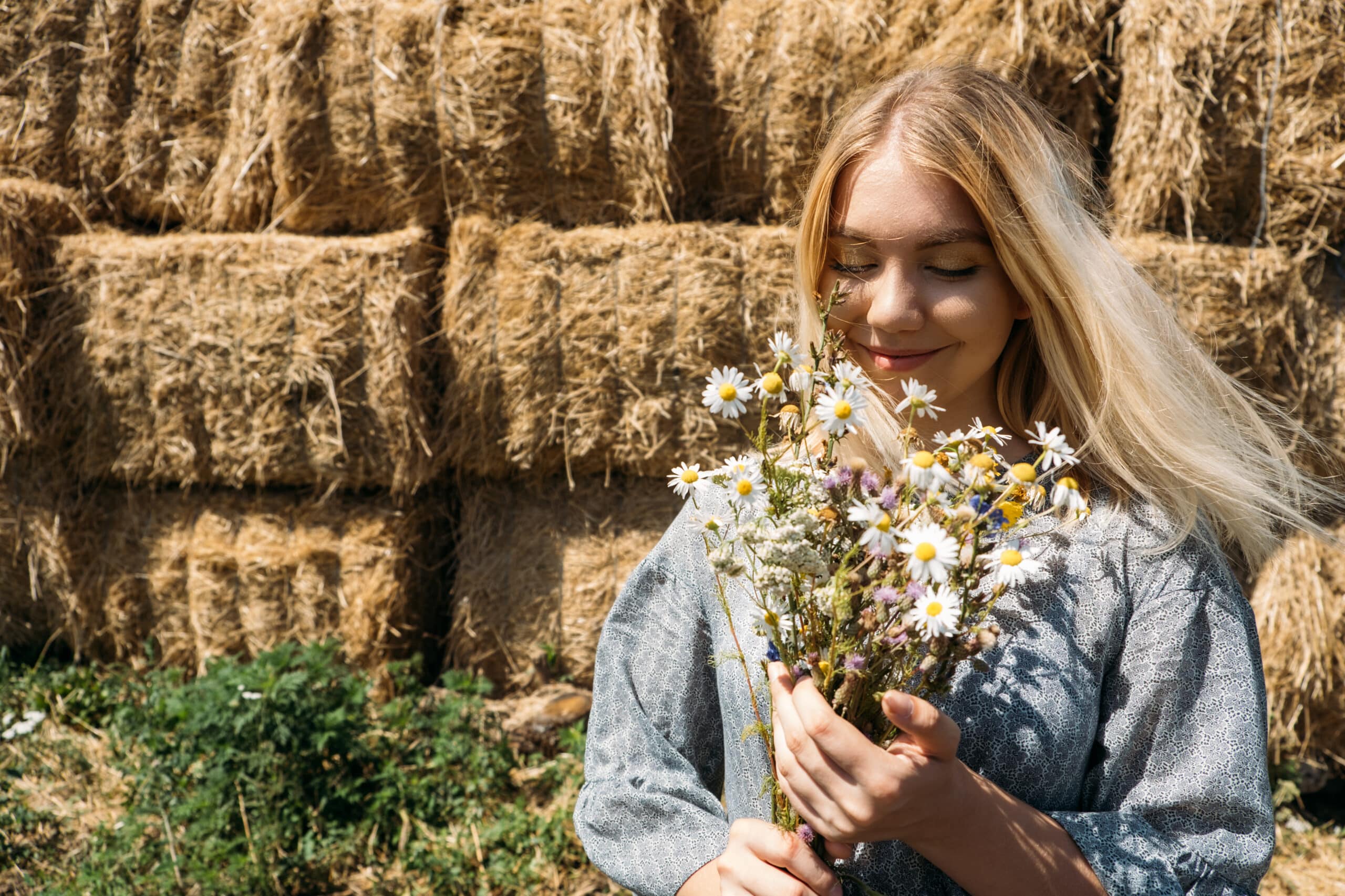
“Beauty, Sweet Love, Is Like the Morning Dew” by Samuel Daniel
Beauty, sweet Love, is like the morning dew,
Whose short refresh upon the tender green
Cheers for a time, but till the sun doth shew,
And straight ’tis gone as it had never been.
Soon doth it fade that makes the fairest flourish,
Short is the glory of the blushing rose;
The hue which thou so carefully dost nourish,
Yet which at length thou must be forced to lose.
When thou, surcharged with burthen of thy years,
Shalt bend thy wrinkles homeward to the earth,
And that, in Beauty’s Lease expired, appears
The Date of Age, the Kalends of our Death—
But ah! no more!—this must not be foretold,
For women grieve to think they must be old.
“Change Defended” by Sir Edward Sherburne
Leave, Chloris, leave; prithee no more
With want of love or lightness charge me:
’Cause thy looks captived me before,
May not another’s now enlarge me?
He whose misguided zeal hath long
Paid homage to some star’s pale light,
Better informed, may without wrong
Leave that t’ adore the queen of night.
Then if my heart, which long served thee,
Will to Carintha now incline;
Why termed inconstant should it be
For bowing ’fore a richer shrine?
Censure those lovers so, whose will
Inferior objects can entice;
Who changes for the better still,
Makes that a virtue, you call vice.
“All the World’s a Stage” by William Shakespeare
And all the men and women merely players;
They have their exits and their entrances,
And one man in his time plays many parts,
His acts being seven ages. At first, the infant,
Mewling and puking in the nurse’s arms.
Then the whining schoolboy, with his satchel
And shining morning face, creeping like snail
Unwillingly to school. And then the lover,
Sighing like furnace, with a woeful ballad
Made to his mistress’ eyebrow. Then a soldier,
Full of strange oaths and bearded like the pard,
Jealous in honor, sudden and quick in quarrel,
Seeking the bubble reputation
Even in the cannon’s mouth. And then the justice,
In fair round belly with good capon lined,
With eyes severe and beard of formal cut,
Full of wise saws and modern instances;
And so he plays his part. The sixth age shifts
Into the lean and slippered pantaloon,
With spectacles on nose and pouch on side;
His youthful hose, well saved, a world too wide
For his shrunk shank, and his big manly voice,
Turning again toward childish treble, pipes
And whistles in his sound. Last scene of all,
That ends this strange eventful history,
Is second childishness and mere oblivion,
Sans teeth, sans eyes, sans taste, sans everything.

“A Complaint” by William Wordsworth
There is a change- and I am poor;
Your love hath been, nor long ago,
A fountain at my fond heart’s door,
Whose only business was to flow;
And flow it did; not taking heed
Of its own bounty, or my need.
What happy moments did I count!
Blest was I then all bliss above!
Now, for that consecrated fount
Of murmuring, sparkling, living love,
What have I? Shall I dare to tell?
A comfortless and hidden well.
A well of love- it may be deep-
I trust it is,- and never dry:
What matter? If the waters sleep
In silence and obscurity.
Such change, and at the very door
Of my fond heart, hath made me poor.
“Description of a Butterfly” by Edmund Spenser
He the gay garden round about doth fly,
From bed to bed, from one to other border,
And takes survey, with curious, busy eye,
Ofevery flower and herb there set in order;
Now this, now that, he tasteth tenderly,
Yet none ofthem he rudely doth disorder,
Nor with his feet their silken leaves deface,
But feeds upon the pleasures of each place,
And evermore, with most variety
And change of sweetness (for all change is sweet),
He seeks, his dainty sense to gratify ;
Now sucking of the juice of herbs most meet,
Or of the dew which yet on them doth lie,
Now in the same bathing his tender feet;
And then he percheth on some bank thereby
To sun himself, and his moist wings to dry.
“The Ivy Wreath” by Mrs. Hemans
It is not gloomy, —brightly play
The sun-beams on its glossy green,
And softly on it sleeps the ray
Of moonlight, all serene.
It changes not as seasons flow,
In changeful, silent course along;
Spring finds it verdant, leaves it so,—
It outlives Summer’s song.
Autumn no wan or russet stain
Upon its fadeless glory flings;
And Winter o’er it sweeps in vain,
With tempest on his wings.
Short Poems About Change
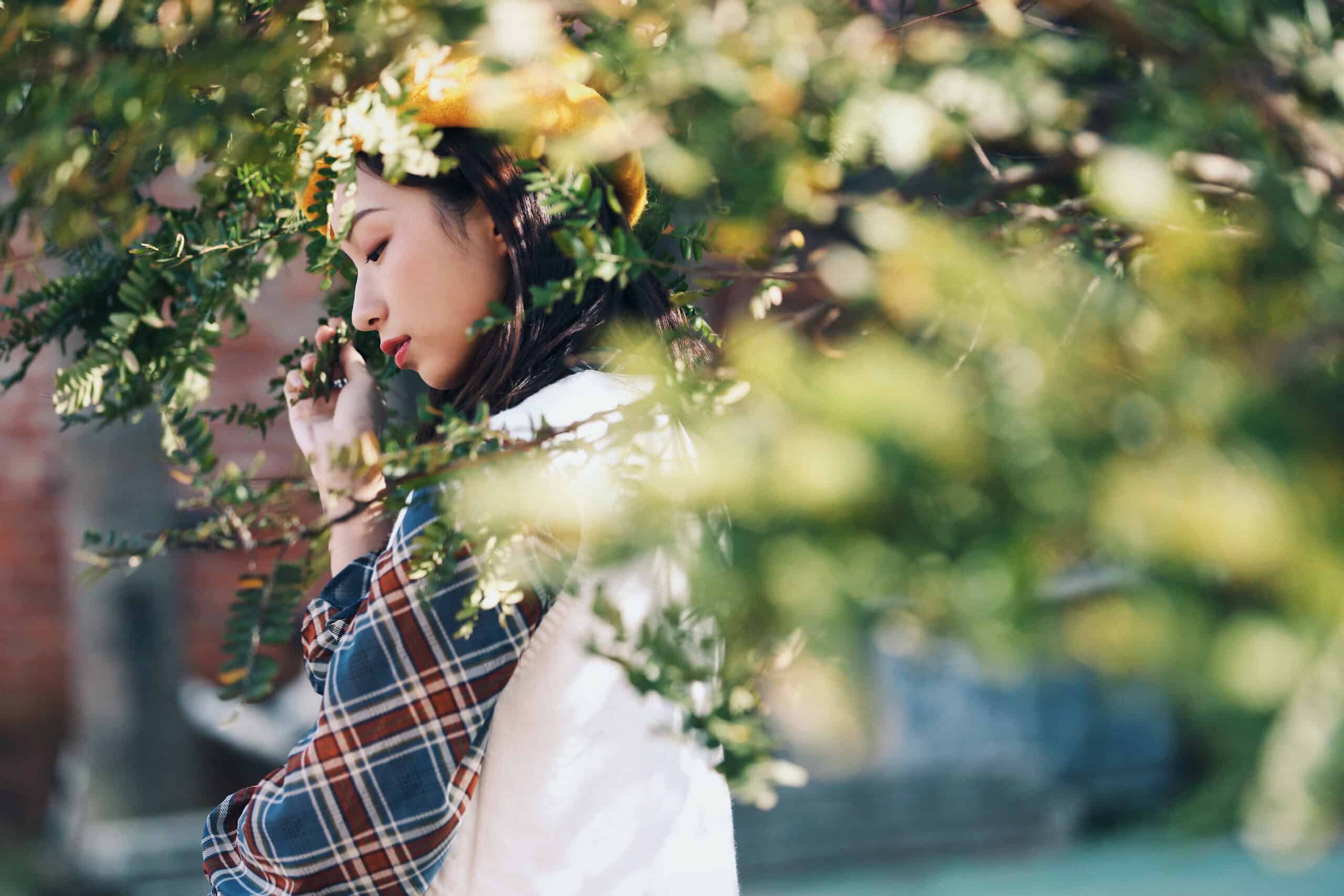
“Change” by Algernon Charles Swinburne
But now life’s face beholden
Seemed bright as heaven’s bare brow
With hope of gifts withholden
But now.
From time’s full-flowering bough
Each bud spake bloom to embolden
Love’s heart, and seal his vow.
Joy’s eyes grew deep with olden
Dreams, born he wist not how;
Thought’s meanest garb was golden;
But now!
“Change” by John Frederick Freeman
Just as this wood, cast on the snaky fire,
Crushes the curling heads till smoke is thickened
And the ash sinks beneath the billet’s weight,
And then again the hissing heads are quickened:
Just as this wood, by fretful fangs new stung,
Glows angrily, then whitens in the grate
And slowly smouldering smoulders away,
And dies defeated every famished tongue
And nothing’s left but a memory of heat
And the sunk crimson telling warmth was sweet:
Just as this wood, once green with Spring’s swift fire
Dies to a pinch of ashes cold and gray….
Just as this wood—
“Change Common to All” by Robert Herrick
All things subjected are to fate;
Whom this morn sees most fortunate,
The evening sees in poor estate.
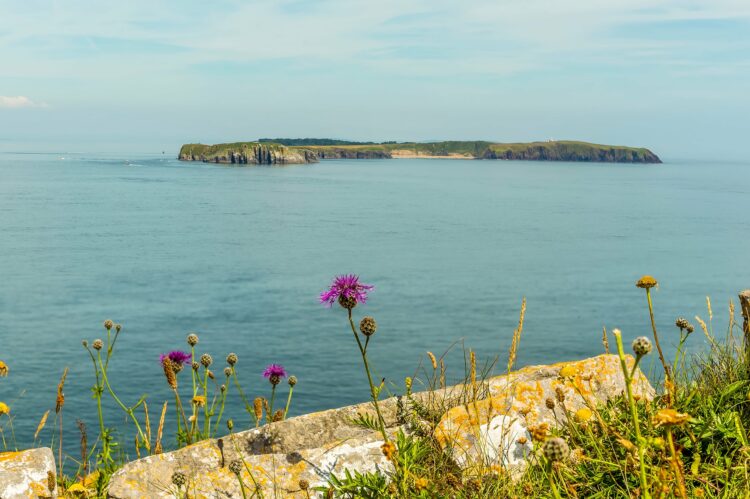
“Change” by John Frederick Freeman
I am that creature and creator who
Loosens and reins the waters of the sea,
Forming the rocky marge anon anew.
I stir the cold breasts of antiquity,
And in the soft stone of the pyramid
Move wormlike; and I flutter all those sands
Whereunder lost and soundless time is hid.
I shape the hills and valleys with these hands,
And darken forests on their naked sides,
And call the rivers from the vexing springs,
And lead the blind winds into deserts strange.
And in firm human bones the ill that hides
Is mine, the fear that cries, the hope that sings.
I am that creature and creator, Change.
“Change Should Breed Change” by William Henry Drummond
New doth the sun appear,
The mountains’ snows decay,
Crown’d with frail flowers forth comes the baby year.
My soul, time posts away;
And thou yet in that frost
Which flower and fruit hath lost,
As if all here immortal were, dost stay.
For shame! thy powers awake,
Look to that Heaven which never night makes black,
And there at that immortal sun’s bright rays,
Deck thee with flowers which fear not rage of days!
“Changing Time” by Paul Laurence Dunbar
The cloud looked in at the window,
And said to the day, “Be dark!”
And the roguish rain tapped hard on the pane,
To stifle the song of the lark.
The wind sprang up in the tree tops
And shrieked with a voice of death,
But the rough–voiced breeze, that shook the trees,
Was touched with a violet’s breath.
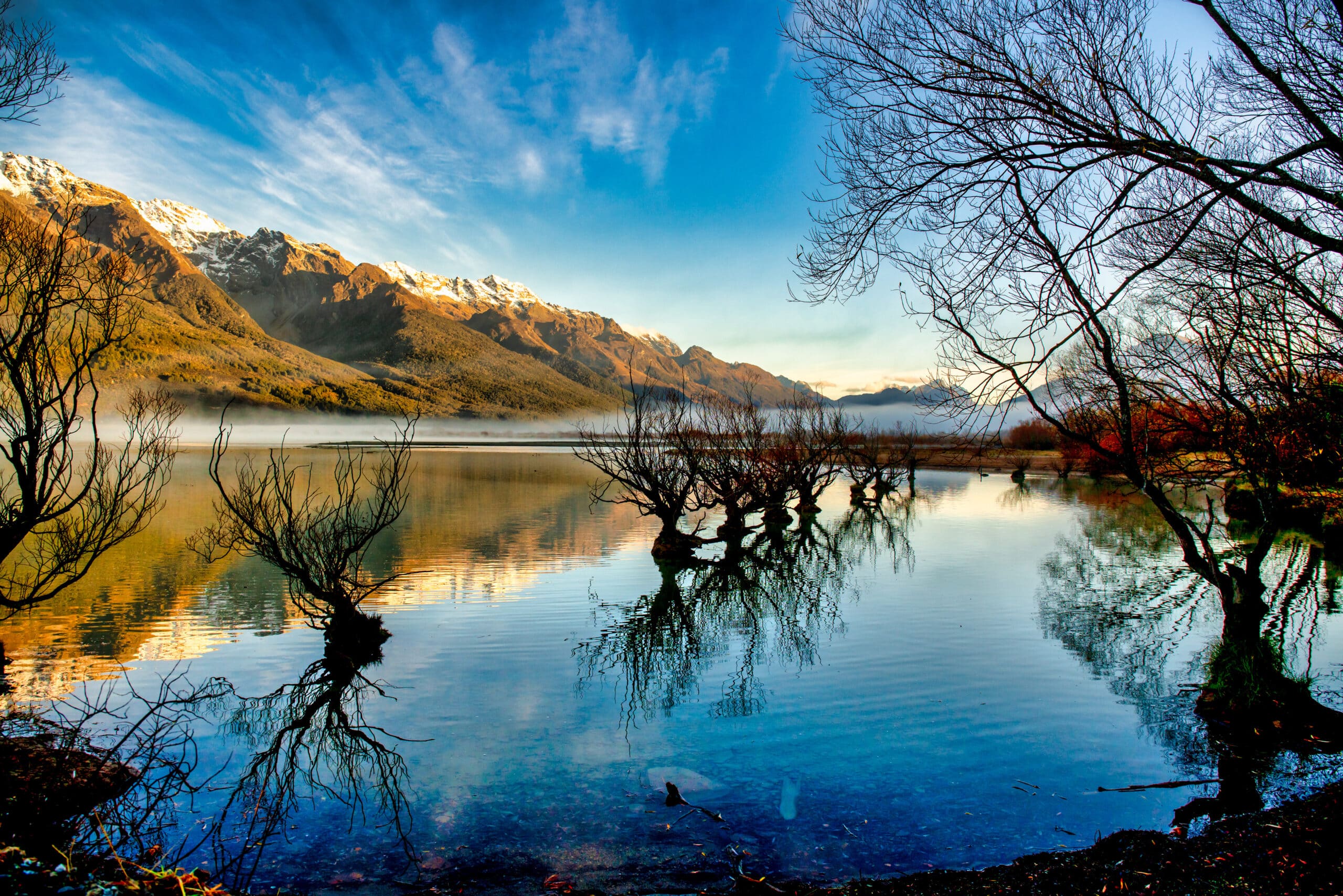
“Transformation” by Madison Julius Cawein
It is the time when, by the forest falls,
The touch-me-nots hang fairy folly-caps;
When ferns and flowers fill the lichened laps
Of rocks with colour, rich as orient shawls:
And in my heart I hear a voice that calls
Me woodward, where the hamadryad wraps
Her limbs in bark, and, bubbling in the saps,
Sings the sweet Greek of Pan’s old madrigals:
There is a gleam that lures me up the stream
A Naiad swimming with wet limbs of light?
Perfume that leads me on from dream to dream
An Oread’s footprints fragrant with her flight?
And, lo! meseems I am a Faun again,
Part of the myths that I pursue in vain.
“Change Me, Some God” by William Wordsworth
“Change me, some God, into that breathing rose!”
The love-sick Stripling fancifully sighs,
The envied flower beholding, as it lies
On Laura’s breast, in exquisite repose;
Or he would pass into her bird, that throws
The darts of song from out its wiry cage;
Enraptured, could he for himself engage
The thousandth part of what the Nymph bestows;
And what the little careless innocent
Ungraciously receives. Too daring choice!
There are whose calmer mind it would content
To be an unculled floweret of the glen,
Fearless of plough and scythe; or darkling wren
That tunes on Duddon’s banks her slender voice.
“Growth” by Ernest Christopher Dowson
I watched the glory of her childhood change,
Half-sorrowful to find the child I knew,
(Loved long ago in lily-time),
Become a maid, mysterious and strange,
With fair, pure eyes – dear eyes, but not the eyes I knew
Of old, in the olden time!
Till on my doubting soul the ancient good
Of her dear childhood in the new disguise
Dawned, and I hastened to adore
The glory of her waking maidenhead,
And found the old tenderness within her deepening eyes,
But kinder than before.
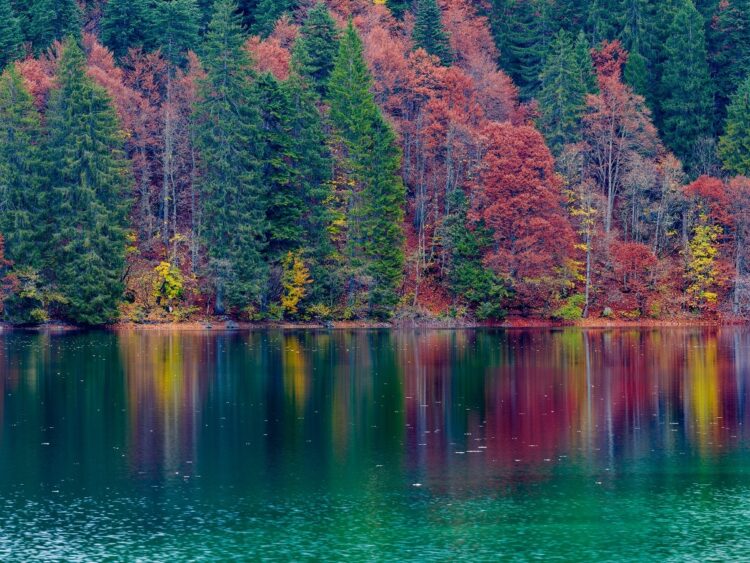
“Why Flowers Change Colour” by Robert Herrick
These fresh beauties, we can prove,
Once were virgins, sick of love,
Turn’d to flowers: still in some,
Colours go and colours come.
“The Changes: To Corinne” by Robert Herrick
Be not proud, but now incline
Your soft ear to discipline;
You have changes in your life,
Sometimes peace, and sometimes strife;
You have ebbs of face and flows,
As your health or comes or goes;
You have hopes, and doubts, and fears,
Numberless as are your hairs;
You have pulses that do beat
High, and passions less of heat;
You are young, but must be old:
And, to these, ye must be told,
Time, ere long, will come and plow
Loathed furrows in your brow:
And the dimness of your eye
Will no other thing imply,
But you must die
As well as I.
“Modern Love X: But Where Began the Change” by George Meredith
But where began the change; and what’s my crime?
The wretch condemned, who has not been arraigned,
Chafes at his sentence. Shall I, unsustained,
Drag on Love’s nerveless body thro’ all time?
I must have slept, since now I wake. Prepare,
You lovers, to know Love a thing of moods:
Not like hard life, of laws. In Love’s deep woods,
I dreamt of loyal Life:–the offence is there!
Love’s jealous woods about the sun are curled;
At least, the sun far brighter there did beam.
My crime is, that the puppet of a dream,
I plotted to be worthy of the world.
Oh, had I with my darling helped to mince
The facts of life, you still had seen me go
With hindward feather and with forward toe,
Her much-adored delightful Fairy Prince!
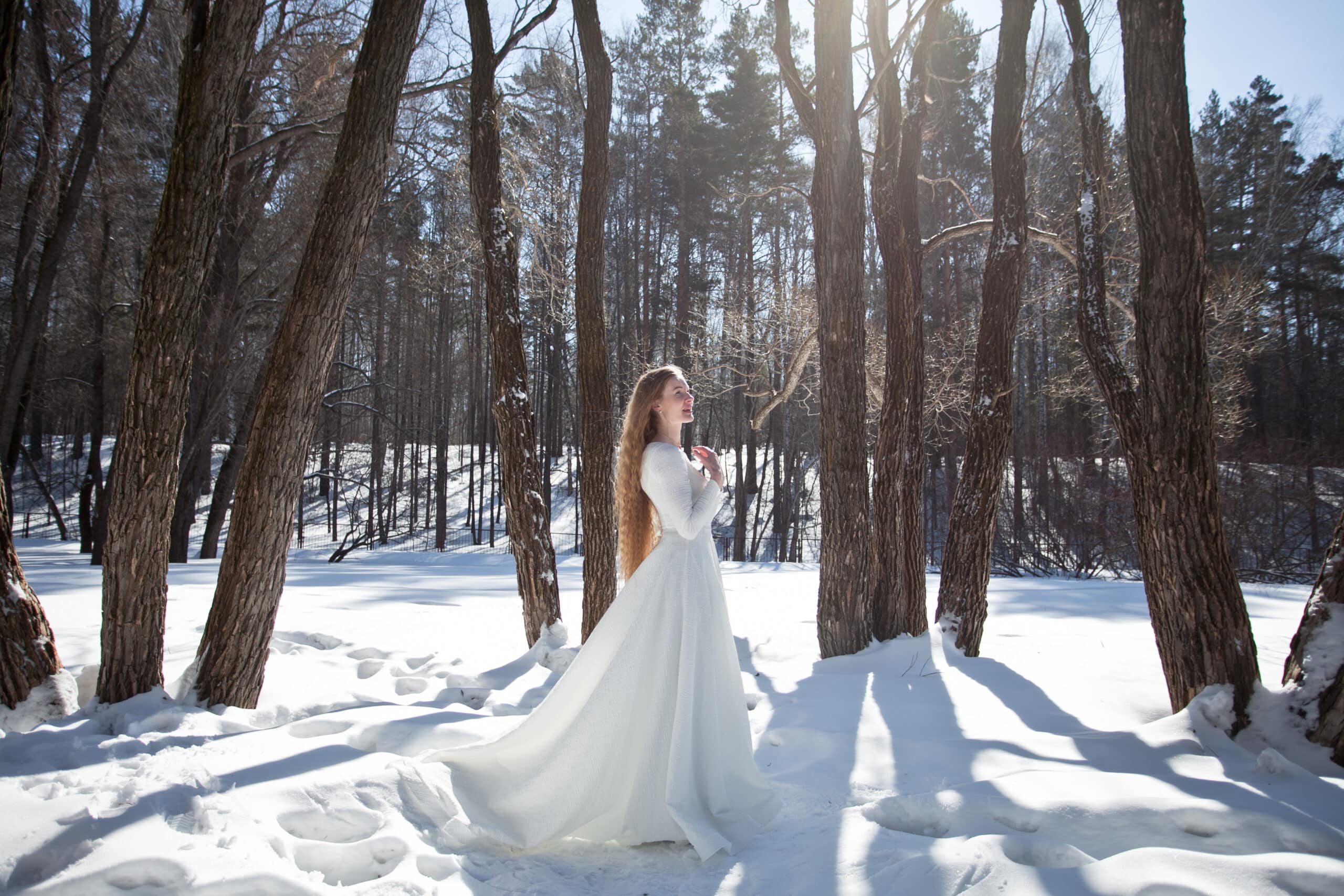
“Sonnet 10” by William Shakespeare
For shame! Deny that thou bear’st love to any,
Who for thyself art so unprovident.
Grant, if thou wilt, thou art beloved to many,
But that thou none lovest is most evident;
For thou art so possess’d with murderous hate
That ’gainst thyself thou stick’st not to conspire,
Seeking that beauteous roof to ruinate
Which to repair should be thy chief desire
O, change thy thought, that I may change my mind!
Shall hate be fairer lodged than gentle love?
Be, as thy presence is, gracious and kind,
Or to thyself at least kind-hearted prove:
Make thee another self, for love of me,
That beauty still may live in thine or thee.
“Year That Trembled” by Walt Whitman
Year that trembled and reel’d beneath me!
Your summer wind was warm enough–yet the air I breathed froze me;
A thick gloom fell through the sunshine and darken’d me;
Must I change my triumphant songs? said I to myself;
Must I indeed learn to chant the cold dirges of the baffled?
And sullen hymns of defeat?
“Sonnet 29” by William Shakespeare
When, in disgrace with fortune and men’s eyes,
I all alone beweep my outcast state,
And trouble deaf heaven with my bootless cries,
And look upon myself, and curse my fate,
Wishing me like to one more rich in hope,
Featured like him, like him with friends possessed,
Desiring this man’s art and that man’s scope,
With what I most enjoy contented least;
Yet in these thoughts myself almost despising,
Haply I think on thee—and then my state,
Like to the lark at break of day arising
From sullen earth, sings hymns at heaven’s gate;
For thy sweet love rememb’red such wealth brings
That then I scorn to change my state with kings.
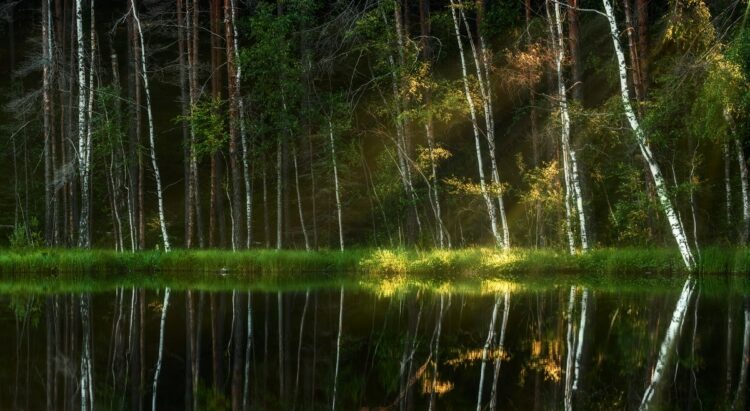
“Nothing Gold Can Stay” by Robert Frost
Nature’s first green is gold,
Her hardest hue to hold,
Her early leaf’s a flower;
But only so an hour.
Then leaf subsides to leaf.
So Eden sank to grief,
So dawn goes down to day.
Nothing gold can stay.
“Early Apollo” by Rainer Maria Rilke
As when at times there breaks through branches bare
A morning vibrant with the breath of spring,
About this poet-head a splendour rare
Transforms it almost to a mortal thing.
There is as yet no shadow in his glance,
Too cool his temples for the laurel’s glow;
But later o’er those marble brows, perchance,
A rose-garden with bushes tall will grow,
And single petals one by one will fall
O’er the still mouth and break its silent thrall,
—The mouth that trembles with a dawning smile
As though a song were rising there the while.
“Fergus” by W. B. Yeats
I see my life go dripping like a stream
From change to change; I have been many things,
A green drop in the surge, a gleam of light
Upon a sword, a fir-tree on a hill,
An old slave grinding at a heavy quern,
A king sitting upon a chair of gold,
And all these things were wonderful and great;
But now I have grown nothing, being all,
And the whole world weighs down upon my heart:
Ah! Druid, Druid, how great webs of sorrow
Lay hidden in the small slate-coloured bag!
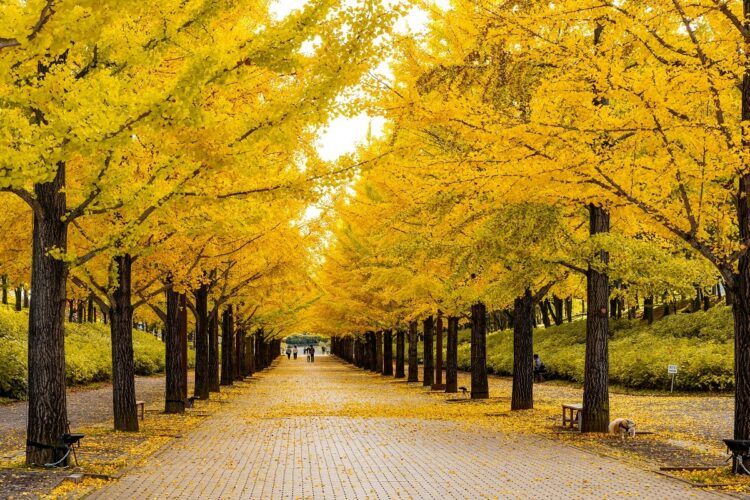
“Fall, Leaves, Fall” by Emily Brontë
Fall, leaves, fall; die, flowers, away;
Lengthen night and shorten day;
Every leaf speaks bliss to me,
Fluttering from the autumn tree.
I shall smile when wreaths of snow
Blossom where the rose should grow;
I shall sing when night’s decay
Ushers in a drearier day.
“Youth” by Georgia Douglas Johnson
The dew is on the grasses, dear,
The blush is on the rose,
And swift across our dial-youth,
A shifting shadow goes.
The primrose moments, lush with bliss,
Exhale and fade away,
Life may renew the Autumn time,
But nevermore the May!
“Regeneration” by George Herbert
Surely if each one saw another’s heart,
There would be no commèrce,
No sale or bargain pass: all would disperse
And live apart.
Lord, mend or rather make us: one creation
Will not suffice our turn:
Except Thou make us daily, we shall spurn
Our own salvation.
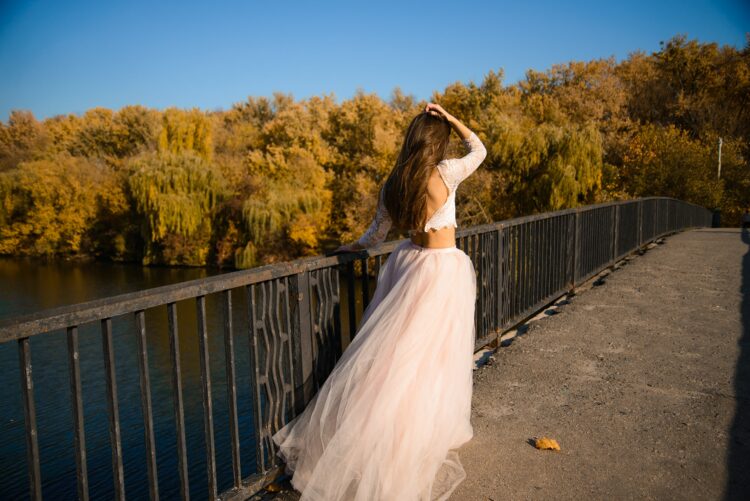
“Sea-change” by Genevieve Taggard
You are no more, but sunken in a sea
Sheer into dream ten thousand leagues you fell;
And now you lie green-golden, while a bell
Swings with the tide, my heart. And all is well
Till I look down, and, wavering, the spell—
Your loveliness—returns. There in the sea,
Where you lie amber-pale and coral-cool,
You are most loved, most lost, most beautiful
“Changes” by Helen Muckley
He thought it was a goddess in merry-making mood,
But it was just a lady who wanted to be wooed.
He knelt before that lady, as suddenly to find
Within his arms a woman who did not know her mind.
He whispered to that woman, discovering instead
An insolent young savage who tried to kill, and fled.
He made after that savage, high mounted, pulse elate—
Ah, will he know the beggar maid outside his postern gate
“The New God” by Madison Julius Cawein
I look about me, and behold
How all is changed: The sound and sane,
The kind, the true, the hale and old,
That once made strong the features plain
Of life, are cast in other mold,
That bears the stamp of greed and gold
A god unclean, who drags a chain
Of jewelled lust, which men call Gain,
Binding their hearts to all that’s vain,
That God at last for punishment
Shall curse with woe and discontent.

“Love’s Change” by Anne Reeve Aldrich
I went to dig a grave for Love,
But the earth was so stiff and cold
That, though I strove through the bitter night,
I could not break the mould.
And I said: “Must he lie in my house in state,
And stay in his wonted place?
Must I have him with me another day,
With that awful change in his face?”
“In November” by Anne Reeve Aldrich
Brown earth-line meets gray heaven,
And all the land looks sad;
But Love ’s the little leaven
That works the whole world glad.
Sigh, bitter win; lower, frore clouds of gray:
My Love and I are living now in May!
“The New Amor” by Johann Wolfgang von Goethe
Amor, not the child, the youthful lover of Psyche,
Look’d round Olympus one day, boldly, to triumph inured;
There he espied a goddess, the fairest amongst the immortals,
Venus Urania she, straight was his passion inflamed.
Even the holy one powerless proved, alas! ‘gainst his wooing,
Tightly embraced in his arm, held her the daring one fast.
Then from their union arose a new, a more beauteous Amor,
Who from his father his wit, grace from his mother derives.
Ever thou’lt find him join’d in the kindly Muses’ communion,
And his charm-laden bolt foundeth the love of the arts.

“The Old Violin” by Maurice Francis Egan
Though tuneless, stringless, it lies there in dust,
Like some great thought on a forgotten page;
The soul of music cannot fade or rust,—
The voice within it stronger grows with age;
Its strings and bow are only trifling things—
A master-touch!—its sweet soul wakes and sings.
“New Worlds (Moods of Love)” by George Parsons Lathrop
With my beloved I lingered late one night.
At last the hour when I must leave her came:
But, as I turned, a fear I could not name
Possessed me that the long sweet evening might
Prelude some sudden storm, whereby delight
Should perish. What if Death, ere dawn, should claim
One of us? What, though living, not the same
Each should appear to each in morning-light?
Changed did I find her, truly, the next day:
Ne’er could I see her as of old again.
That strange mood seemed to draw a cloud away,
And let her beauty pour through every vein
Sunlight and life, part of me. Thus the lover
With each new morn a new world may discover.
Life-Changing Poems for Hard Times
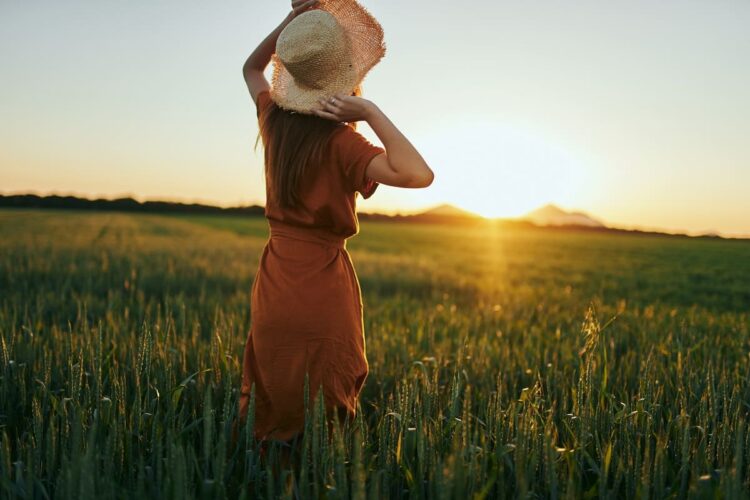
“When I Rise Up” by Georgia Douglas Johnson
When I rise up above the earth,
And look down on the things that fetter me,
I beat my wings upon the air,
Or tranquil lie,
Surge after surge of potent strength
Like incense comes to me
When I rise up above the earth
And look down upon the things that fetter me.
“The New Old Story” by W. M. Mackeracher
Hard by an ancient mansion stood an oak;
For centuries, ’twas said, it had been there:
The old towers crumbled ‘neath decay’s slow stroke,
While, hall by hall, upgrew a palace fair;
Lives and momentous eras waxed and waned,
Old barons died, and barons young and gay
Ruled in their stead, and still the oak remained,
And each new spring seemed older not a day.
The vesture of the spirit of mankind, –
Forms and beliefs, like meteors, rise and set;
The spirit too doth change; but o’er the mind
This old Evangel holds young lordship yet;
And here among Canadian snows we bring
Each Christmastide our tribute to the King.
“Changed” by Henry Wadsworth Longfellow
From the outskirts of the town
Where of old the mile-stone stood,
Now a stranger, looking down
I behold the shadowy crown
Of the dark and haunted wood.
Is it changed, or am I changed?
Ah! the oaks are fresh and green,
But the friends with whom I ranged
Through their thickets are estranged
By the years that intervene.
Bright as ever flows the sea,
Bright as ever shines the sun,
But alas! they seem to me
Not the sun that used to be,
Not the tides that used to run.
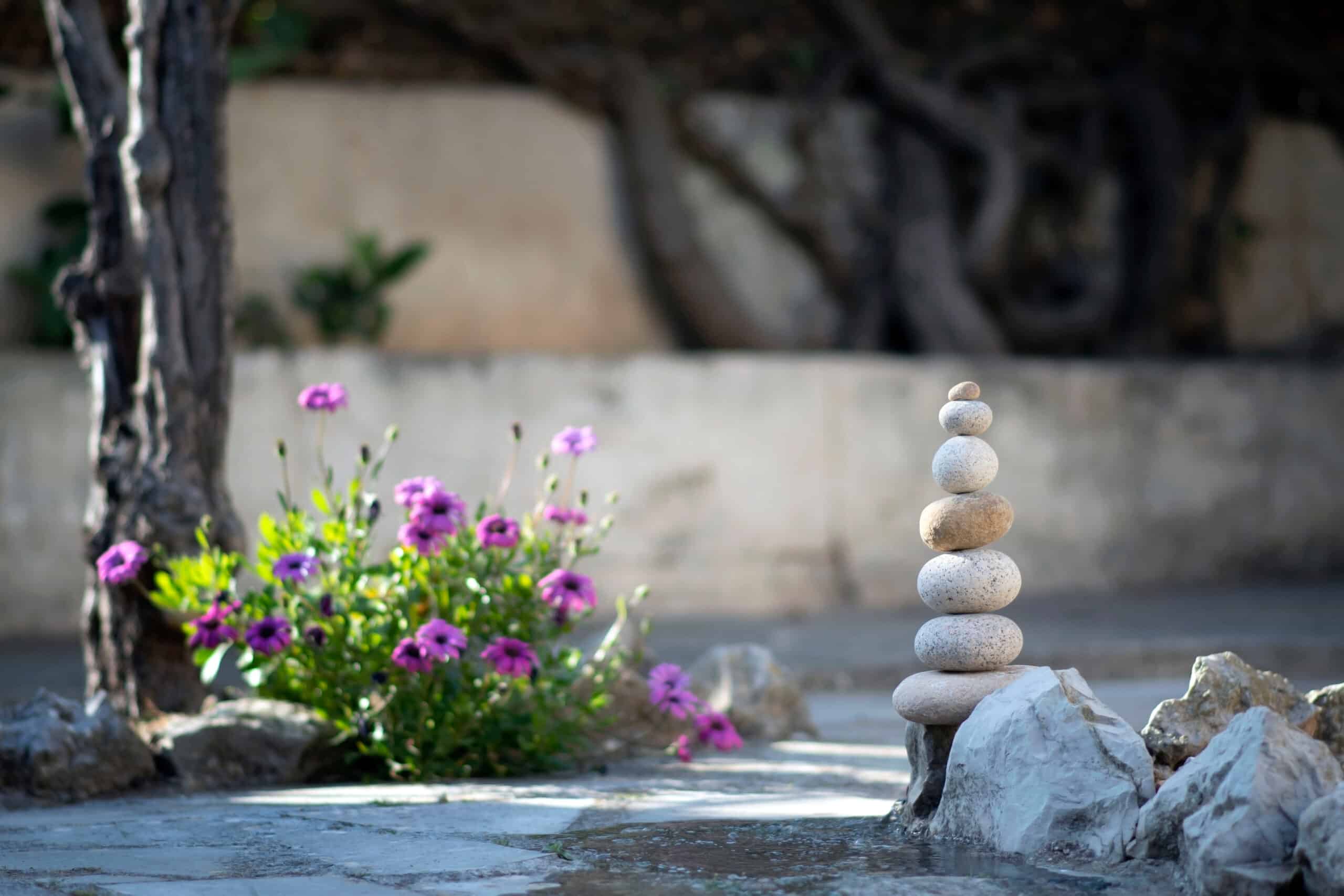
“Renewal of Strength” by Frances Ellen Watkins Harper
The prison-house in which I live
Is falling to decay,
But God renews my spirit’s strength,
Within these walls of clay.
For me a dimness slowly creeps
Around earth’s fairest light,
But heaven grows clearer to my view,
And fairer to my sight.
It may be earth’s sweet harmonies
Are duller to my ear,
But music from my Father’s house
Begins to float more near.
Then let the pillars of my home
Crumble and fall away;
Lo, God’s dear love within my soul
Renews it day by day.
“Perfectness” by Ella Wheeler Wilcox
All perfect things are saddening in effect.
The autumn wood robed in its scarlet clothes,
The matchless tinting on the royal rose
Whose velvet leaf by no least flaw is flecked.
Love’s supreme moment, when the soul unchecked
Soars high as heaven, and its best rapture knows,
These hold a deeper pathos than our woes,
Since they leave nothing better to expect.
Resistless change, when powerless to improve,
Can only mar. The gold will pale to gray—
No thing remains tomorrow as today, —
The rose will not seem quite so fair, and love
Must find its measures of delight made less.
Ah, how imperfect is all Perfectness!
“Hollyhocks” by Edgar Albert Guest
Old-fashioned flowers! I love them all:
The morning-glories on the wall,
The pansies in their patch of shade,
The violets, stolen from a glade,
The bleeding hearts and columbine,
Have long been garden friends of mine;
But memory every summer flocks
About a clump of hollyhocks.
The mother loved them years ago;
Beside the fence they used to grow,
And though the garden changed each year
And certain blooms would disappear
To give their places in the ground
To something new that mother found,
Some pretty bloom or rosebush rare-
The hollyhocks were always there.
It seems but yesterday to me
She led me down the yard to see
The first tall spires, with bloom aflame,
And taught me to pronounce their name.
And year by year I watched them grow,
The first flowers I had come to know.
And with the mother dear I’d yearn
To see the hollyhocks return.
The garden of my boyhood days
With hollyhocks was kept ablaze;
In all my recollections they
In friendly columns nod and sway;
And when to-day their blooms I see,
Always the mother smiles at me;
The mind’s bright chambers, life unlocks
Each summer with the hollyhocks.
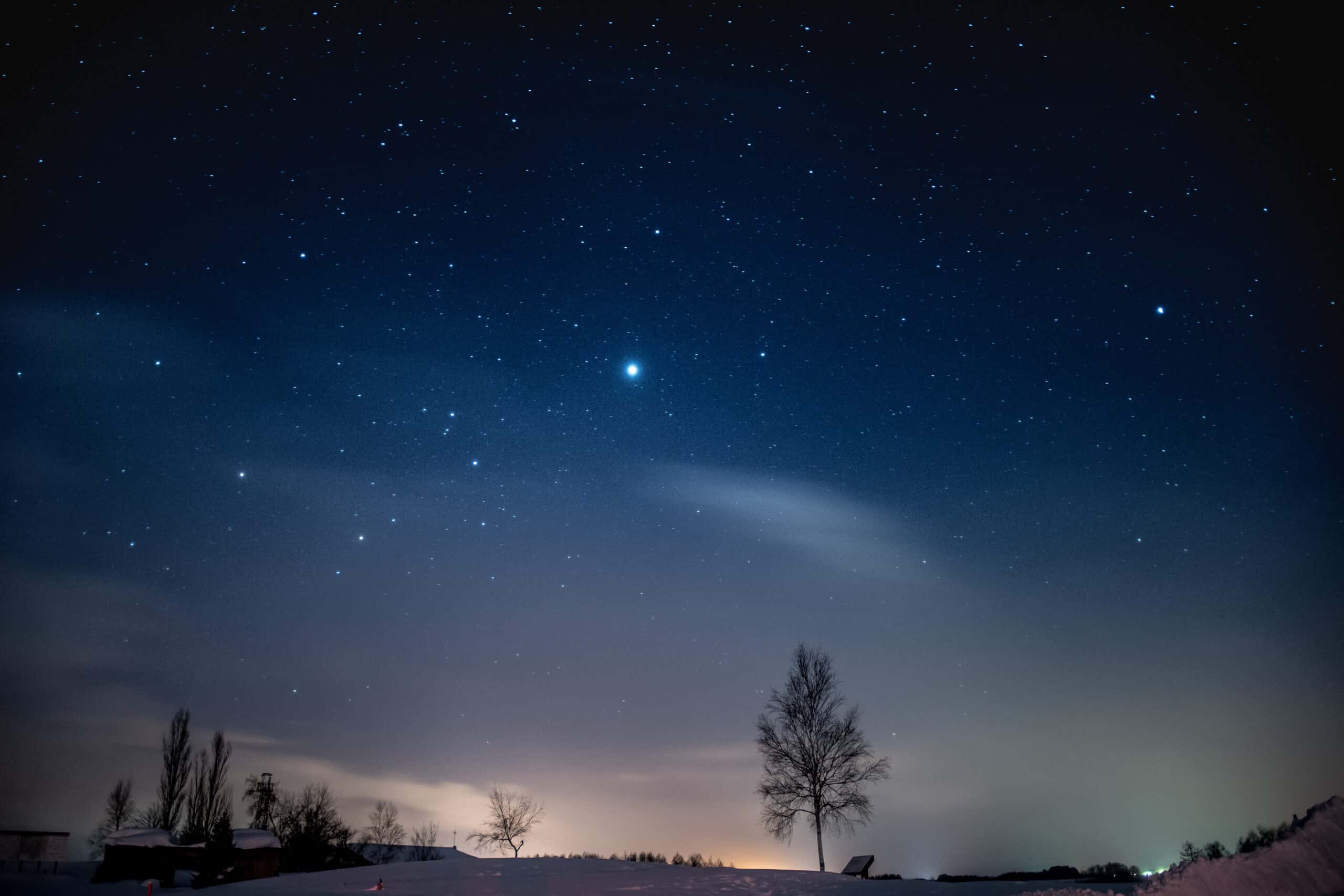
“Winter Stars” by Sara Teasdale
I went out at night alone;
The young blood flowing beyond the sea
Seemed to have drenched my spirit’s wings –
I bore my sorrow heavily.
But when I lifted up my head
From shadows shaken on the snow,
I saw Orion in the east
Burn steadily as long ago.
From windows in my father’s house,
Dreaming my dreams on winter nights,
I watched Orion as a girl
Above another city’s lights.
Years go, dreams go, and youth goes too,
The world’s heart breaks beneath its wars,
All things are changed, save in the east
The faithful beauty of the stars.
“If—” by Rudyard Kipling
If you can keep your head when all about you
Are losing theirs and blaming it on you;
If you can trust yourself when all men doubt you,
But make allowance for their doubting too;
If you can wait and not be tired by waiting,
Or, being lied about, don’t deal in lies,
Or, being hated, don’t give way to hating,
And yet don’t look too good, nor talk too wise;
If you can dream—and not make dreams your master;
If you can think—and not make thoughts your aim;
If you can meet with triumph and disaster
And treat those two impostors just the same;
If you can bear to hear the truth you’ve spoken
Twisted by knaves to make a trap for fools,
Or watch the things you gave your life to broken,
And stoop and build ’em up with wornout tools;
If you can make one heap of all your winnings
And risk it on one turn of pitch-and-toss,
And lose, and start again at your beginnings
And never breathe a word about your loss;
If you can force your heart and nerve and sinew
To serve your turn long after they are gone,
And so hold on when there is nothing in you
Except the Will which says to them: “Hold on”;
If you can talk with crowds and keep your virtue,
Or walk with kings—nor lose the common touch;
If neither foes nor loving friends can hurt you;
If all men count with you, but none too much;
If you can fill the unforgiving minute
With sixty seconds’ worth of distance run—
Yours is the Earth and everything that’s in it,
And—which is more—you’ll be a Man, my son!
“Barter” by Sara Teasdale
Life has loveliness to sell,
All beautiful and splendid things,
Blue waves whitened on a cliff,
Soaring fire that sways and sings,
And children’s faces looking up
Holding wonder in a cup.
Life has loveliness to sell,
Music like a curve of gold,
Scent of pine trees in the rain,
Eyes that love you, arms that hold,
And for your spirit’s still delight,
Holy thoughts that star the night.
Spend all you have for loveliness,
Buy it and never count the cost;
For one white singing hour of peace
Count many a year of strife well lost,
And for a breath of ecstacy
Give all you have been, or could be.
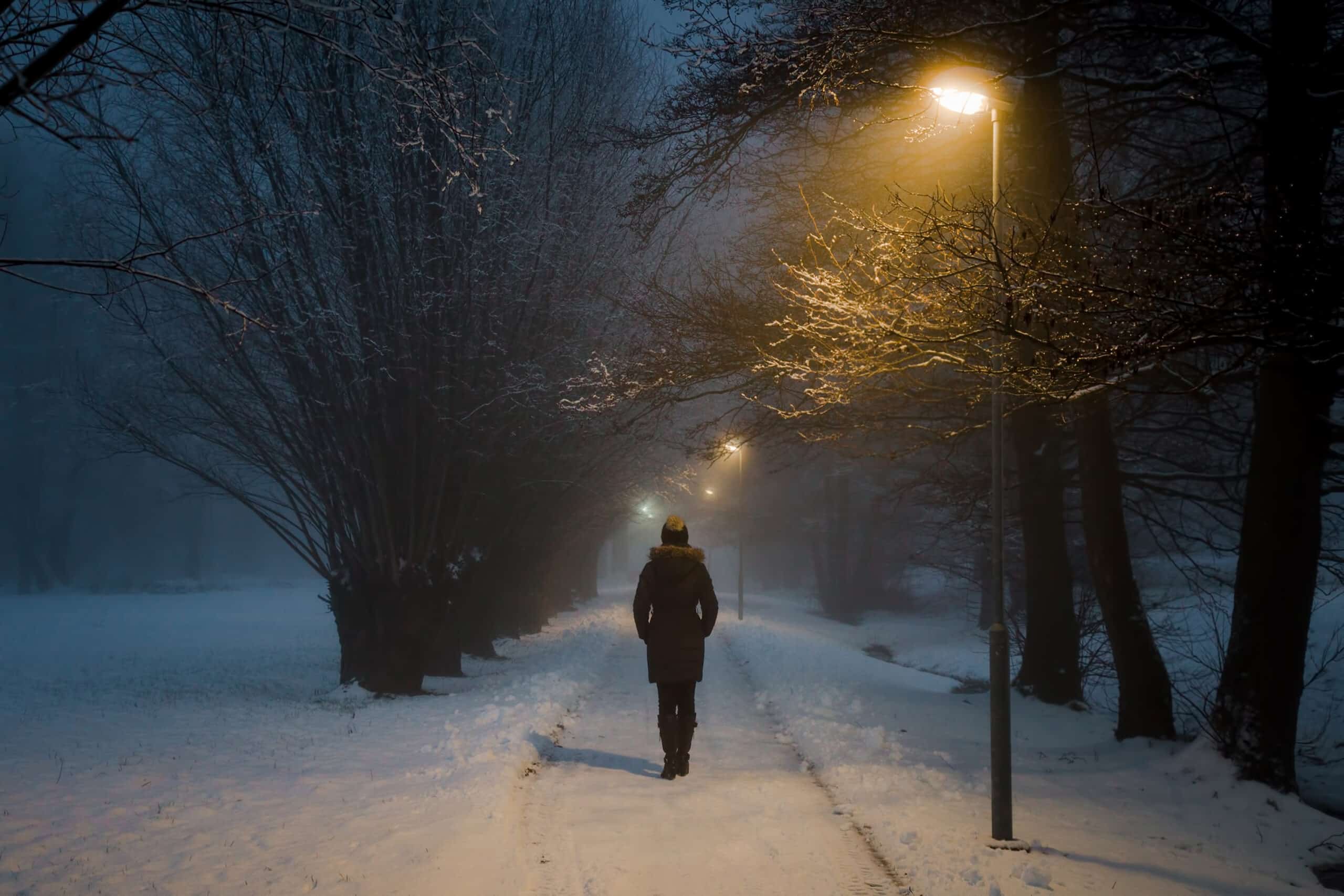
“Offering” by Rainer Maria Rilke
My body glows in every vein and blooms
To fullest flower since I first knew thee,
My walk unconscious pride and power assumes;
Who art thou then—thou who awaitest me?
When from the past I draw myself the while
I lose old traits as leaves of autumn fall;
I only know the radiance of thy smile,
Like the soft gleam of stars, transforming all.
Through childhood’s years I wandered unaware
Of shimmering visions my thoughts now arrests
To offer thee, as on an altar fair
That’s lighted by the bright flame of thy hair
And wreathéd by the blossoms of thy breasts.
“Jerusalem” by William Blake
And did those feet in ancient time
Walk upon Englands mountains green:
And was the holy Lamb of God,
On Englands pleasant pastures seen!
And did the Countenance Divine,
Shine forth upon our clouded hills?
And was Jerusalem builded here,
Among these dark Satanic Mills?
Bring me my Bow of burning gold:
Bring me my arrows of desire:
Bring me my Spear: O clouds unfold!
Bring me my Chariot of fire!
I will not cease from Mental Fight,
Nor shall my sword sleep in my hand:
Till we have built Jerusalem,
In Englands green & pleasant Land.
“New Love, New Life” by Amy Levy
I
She, who so long has lain
Stone-stiff with folded wings,
Within my heart again
The brown bird wakes and sings.
Brown nightingale, whose strain
Is heard by day, by night,
She sings of joy and pain,
Of sorrow and delight.
II
’Tis true,—in other days
Have I unbarred the door;
He knows the walks and ways
Love has been here before.
Love blest and love accurst
Was here in days long past;
This time is not the first,
But this time is the last.
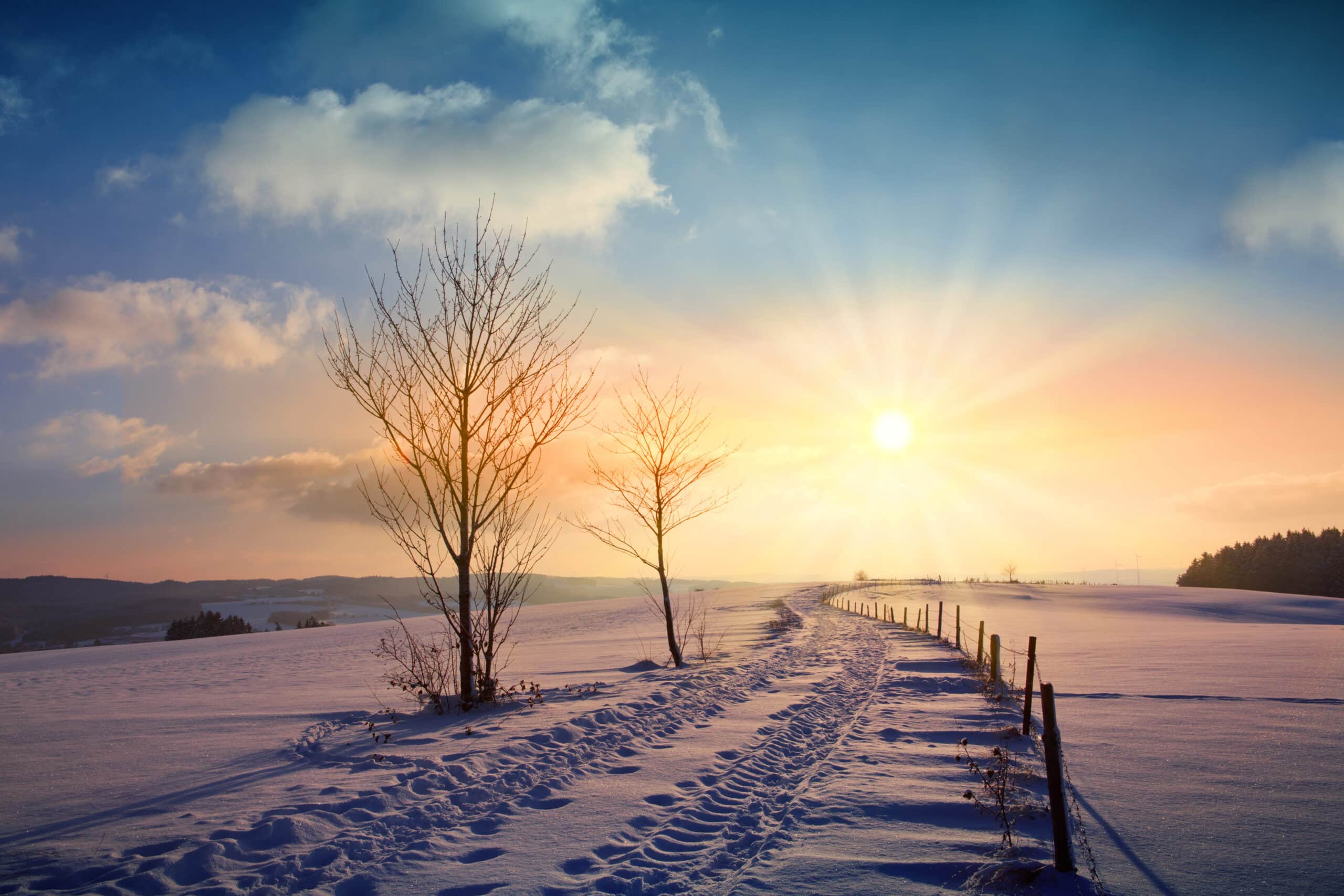
“A New Century” by Algernon Charles Swinburne
An age too great for thought of ours to scan,
A wave upon the sleepless sea of time
That sinks and sleeps for ever, ere the chime
Pass that salutes with blessing, not with ban,
The dark year dead, the bright year born for man,
Dies: all its days that watched man cower and climb,
Frail as the foam, and as the sun sublime,
Sleep sound as they that slept ere these began.
Our mother earth, whose ages none may tell,
Puts on no change: time bids not her wax pale
Or kindle, quenched or quickened, when the knell
Sounds, and we cry across the veering gale
Farewell, and midnight answers us, Farewell;
Hail, and the heaven of morning answers, Hail.
“That Day You Came” by Lizette Woodworth Reese
Such special sweetness was about
That day God sent you here,
I knew the lavender was out,
And it was mid of year.
Their common way the great winds blew,
The ships sailed out to sea;
Yet ere that day was spent I knew
Mine own had come to me.
As after song some snatch of tune
Lurks still in grass or bough,
So, somewhat of the end o’ June
Lurks in each weather now.
The young year sets the buds astir,
The old year strips the trees;
But ever in my lavender
I hear the brawling bees.
From “Amazing, Beauteous Change” by Philip Doddridge
Amazing, beauteous change!
A world created new!
My thoughts with transport range,
The lovely scene to view;
In all I trace,
Saviour divine,
The word is thine,—
Be thine the praise!

“The New Love” by Ella Wheeler Wilcox
I thought my heart was death chilled,
I thought its fires were cold;
But the new love, the new love,
It warmeth like the old.
I thought its rooms were shadowed
With the gloom of endless night;
But the new love, the new love,
It fills them full of light.
I thought the chambers empty,
And proclaimed it unto men;
But the new love, the new love,
It peoples them again.
I thought its halls were silent,
And hushed the whole day long;
But the new love, the new love,
It fills them full of song.
Then here is to the new love,
Let who will sing the old;
The new love, the new love,
‘Tis more than fame or gold.
For it gives us joy for sorrow,
And it gives us warmth for cold;
Oh! the new love, the new love,
‘Tis better than the old.
“The Lanes of Memory” by Edgar A Guest
Adown the lanes of memory bloom all the flowers of yesteryear,
And looking back we smile to see life’s bright red roses reappear,
The little sprigs of mignonette that smiled upon us as we passed,
The pansy and the violet, too sweet, we thought those days, to last.
The gentle mother by the door caresses still her lilac blooms,
And as we wander back once more we seem to smell the old perfumes,
We seem to live again the joys that once were ours so long ago
When we were little girls and boys, with all the charms we used to know.
But living things grow old and fade; the dead in memory remain,
In all their splendid youth arrayed, exempt from suffering and pain;
The little babe God called away, so many, many years ago,
Is still a little babe to-day, and I am glad that this is so.
Time has not changed the joys we knew; the summer rains or winter snows
Have failed to harm the wondrous hue of any dew-kissed bygone rose;
In memory ’tis still as fair as when we plucked it for our own,
And we can see it blooming there, if anything more lovely grown.
Adown the lanes of memory bloom all the joys of yesteryear,
And God has given you and me the power to make them reappear;
For we can settle back at night and live again the joys we knew
And taste once more the old delight of days when all our skies were blue.
“Sue’s Got A Baby” by Edgar Albert Guest
Her face seems prettier, an’ her ways
More settled-like. In these few days
She’s changed completely, an’ her smile
Has taken on the mother-style.
Her voice is sweeter, an’ her words
Are clear as is the song of birds.
She still is Sue, but not the same-
She’s different since the baby came.
There is a calm upon her face
That marks the change that’s taken place;
It seems as though her eyes now see
The wonder things that are to be,
An’ that her gentle hands now own
A gentleness before unknown.
Her laughter has a clearer ring
Than all the bubbling of a spring,
An’ in her cheeks love’s tender flame
Glows brighter since the baby came.
I look at her an’ I can see
Her mother as she used to be.
How sweet she was, an’ yet how much
She sweetened by the magic touch
That made her mother! In her face
It seemed the angels left a trace
Of Heavenly beauty to remain
Where once had been the lines of pain
An’ with the baby in her arms
Enriched her with a thousand charms.
Sue’s got a baby now an’ she
Is prettier than she used to be.
A wondrous change has taken place,
A softer beauty marks her face
An’ in the warmth of her caress
There seems the touch of holiness,
An’ all the charms her mother knew
Have blossomed once again in Sue.
I sit an’ watch her an’ I claim
My lost joys since her baby came.

“The Happiest Heart” by John Vance Cheney
Who drives the horses of the sun
Shall lord it but a day;
Better the lowly deed were done,
And kept the humble way.
The rust will find the sword of fame,
The dust will hide the crown;
Ay, none shall nail so high his name
Time will not tear it down.
The happiest heart that ever beat
Was in some quiet breast
That found the common daylight sweet,
And left to Heaven the rest.
“The New Life” by Witter Bynner
Perhaps they laughed at Dante in his youth,
Told him that truth
Had unappealably been said
In the great masterpieces of the dead:—
Perhaps he listened and but bowed his head
In acquiescent honour, while his heart
Held natal tidings,—that a new life is the part
Of every man that’s born,
A new life never lived before,
And a new expectant art;
It is the variations of the morn
That are forever, more and more,
The single dawning of the single truth.
So answers Dante to the heart of youth!
“The New Moon” by Sara Teasdale
Day, you have bruised and beaten me,
As rain beats down the bright, proud sea,
Beaten my body, bruised my soul,
Left me nothing lovely or whole,
Yet I have wrested a gift from you,
Day that dies in dusky blue:
For suddenly over the factories
I saw a moon in the cloudy seas,
A wisp of beauty all alone
In a world as hard and gray as stone,
Oh who could be bitter and want to die
When a maiden moon wakes up in the sky?
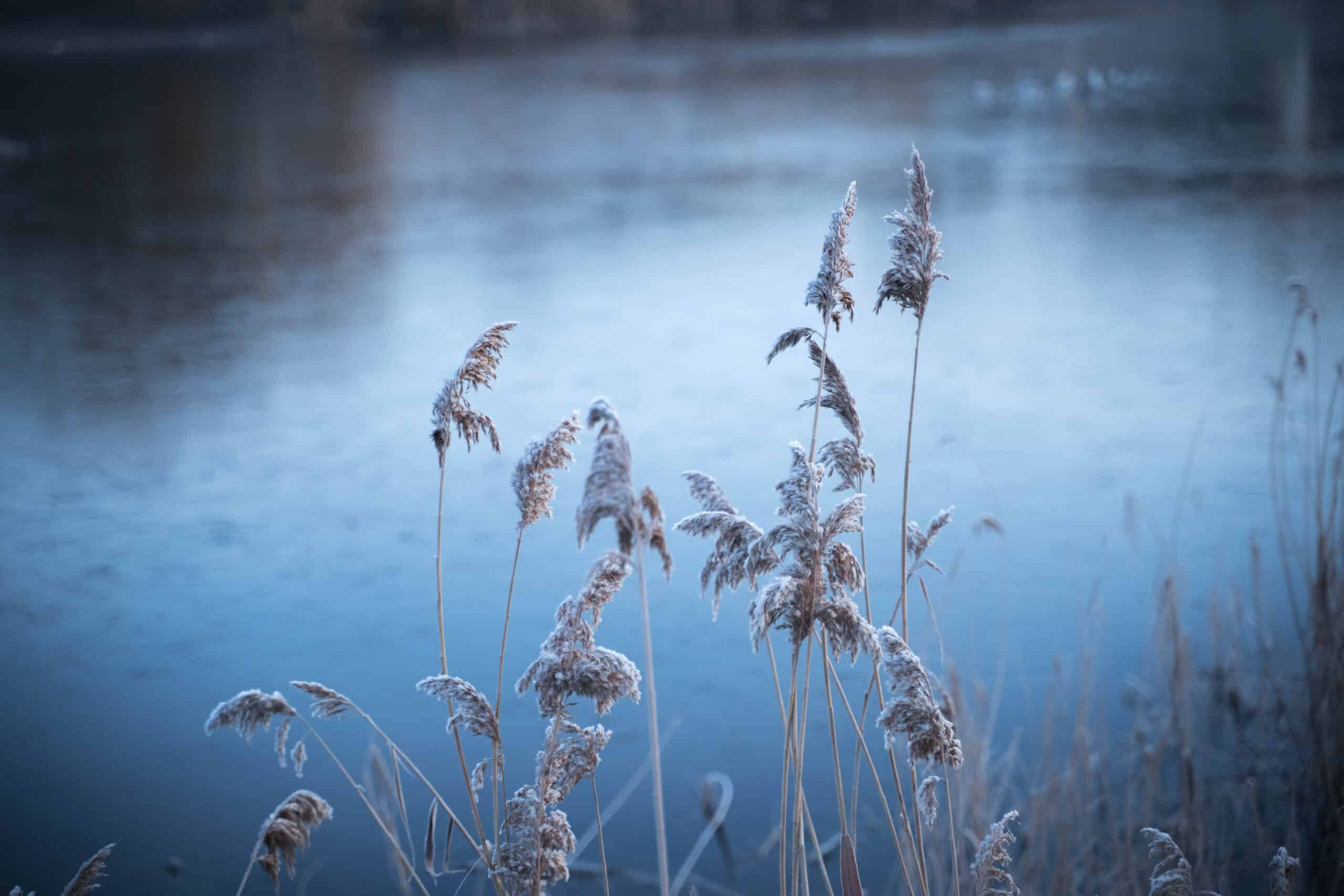
“A Song of Growth” by Sir Charles George Douglas Roberts
In the heart of a man
Is a thought upfurled:
Reached its full span
It will shake the world,—
And to one high thought
Is a whole race wrought.
Not with vain noise
The great work grows,
Nor with foolish voice,—
But in repose;
Not in the rush,
But in the hush!
From the cogent lash
Of the cloud-herd wind
The low clouds dash,
Blown headlong, blind;
But beyond, the great blue
Looks moveless through.
O’er the loud world sweep
The scourge and the rod:
But in deep beyond deep
Is the stillness of God,—
At the fountains of Life
No cry, no strife!
“My New World” by Irving Browne
My prow is tending toward the west,
Old voices growing faint, dear faces dim,
And all that I have loved the best
Far back upon the waste of memory swim.
My old world disappears:
Few hopes and many fears
Accompany me.
But from the distance fair
A sound of birds, a glimpse of pleasant skies,
A scent of fragrant air,
All soothingly arise
In cooing voice, sweet breath, and merry eyes
Of grandson on my knee.
And ere my sails be furled,
Kind Lord, I pray
Thou let me live a day
In my new world.
“The Inevitable” by Sarah Knowles Bolton
I like the man who faces what he must
With step triumphant and a heart of cheer;
Who fights the daily battle without fear;
Sees his hopes fail, yet keeps unfaltering trust
That God is God,—that somehow, true and just
His plans work out for mortals; not a tear
Is shed when fortune, which the world holds dear,
Falls from his grasp—better, with love, a crust
Than living in dishonor; envies not,
Nor loses faith in man; but does his best,
Nor ever murmurs at his humbler lot;
But, with a smile and words of hope, gives zest
To every toiler. He alone is great
Who by a life heroic conquers fate.

“New Life, New Love” by Henry Lawson
The breezes blow on the river below,
And the fleecy clouds float high,
And I mark how the dark green gum trees match
The bright blue dome of the sky.
The rain has been, and the grass is green
Where the slopes were bare and brown,
And I see the things that I used to see
In the days ere my head went down.
I have found a light in my long dark night,
Brighter than stars or moon;
I have lost the fear of the sunset drear,
And the sadness of afternoon.
Here let us stand while I hold your hand,
Where the light’s on your golden head —
Oh! I feel the thrill that I used to feel
In the days ere my heart was dead.
The storm’s gone by, but my lips are dry
And the old wrong rankles yet —
Sweetheart or wife, I must take new life
From your red lips warm and wet!
So let it be, you may cling to me,
There is nothing on earth to dread,
For I’ll be the man that I used to be
In the days ere my heart was dead!
“New Year” by H. P. Nichols
If I resolve, with the new year,
A better child to be,
‘Twill do no good at all, I fear,
But rather harm to me,
Unless I try, with every day,
No angry word to speak;
Unless, each morn, to God I pray
To keep me mild and meek.
Then let me try with all my might,
And may God help me too,
Always to choose the way that’s right,
Whatever act I do.
